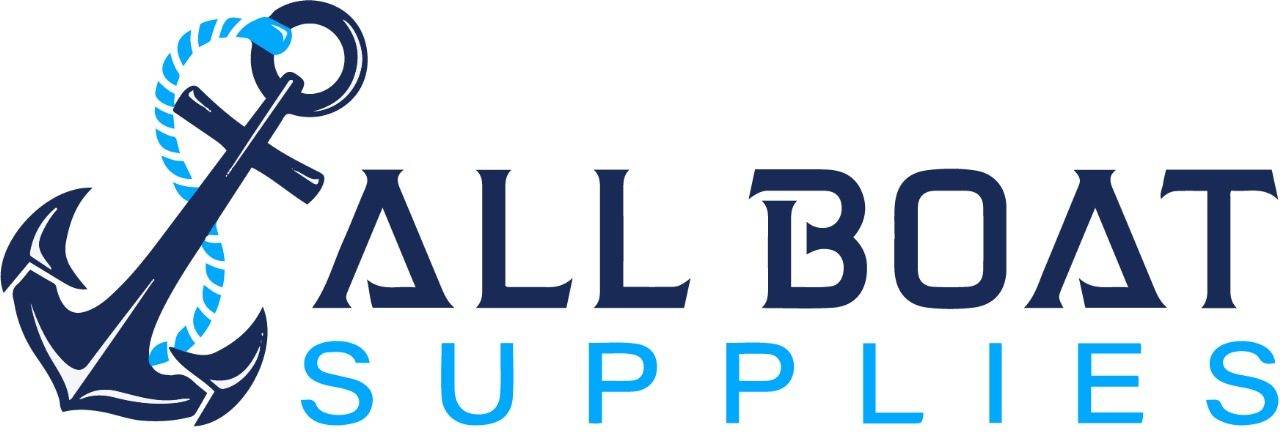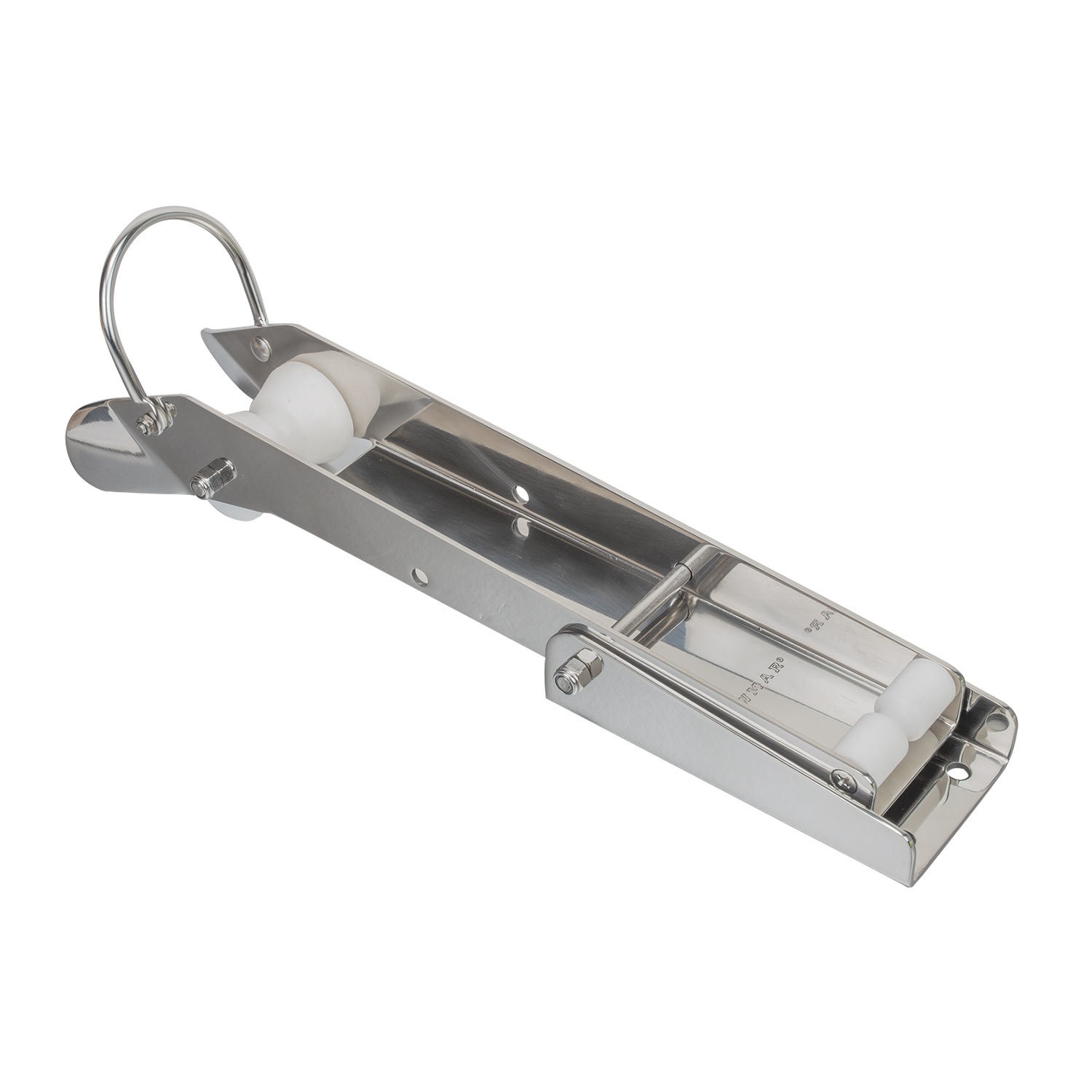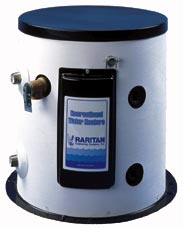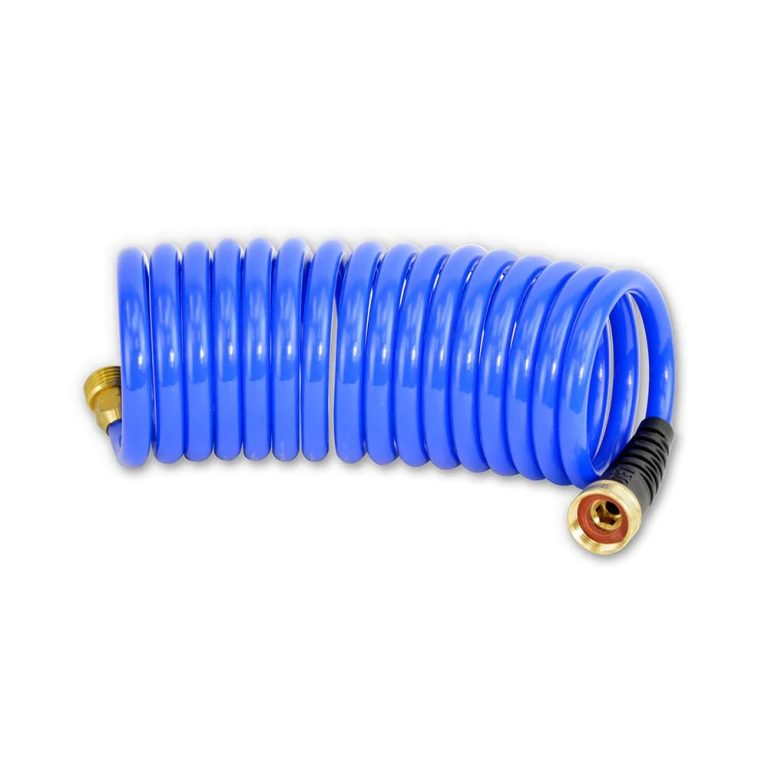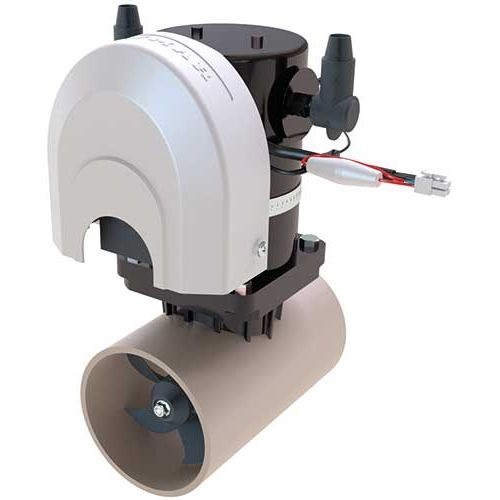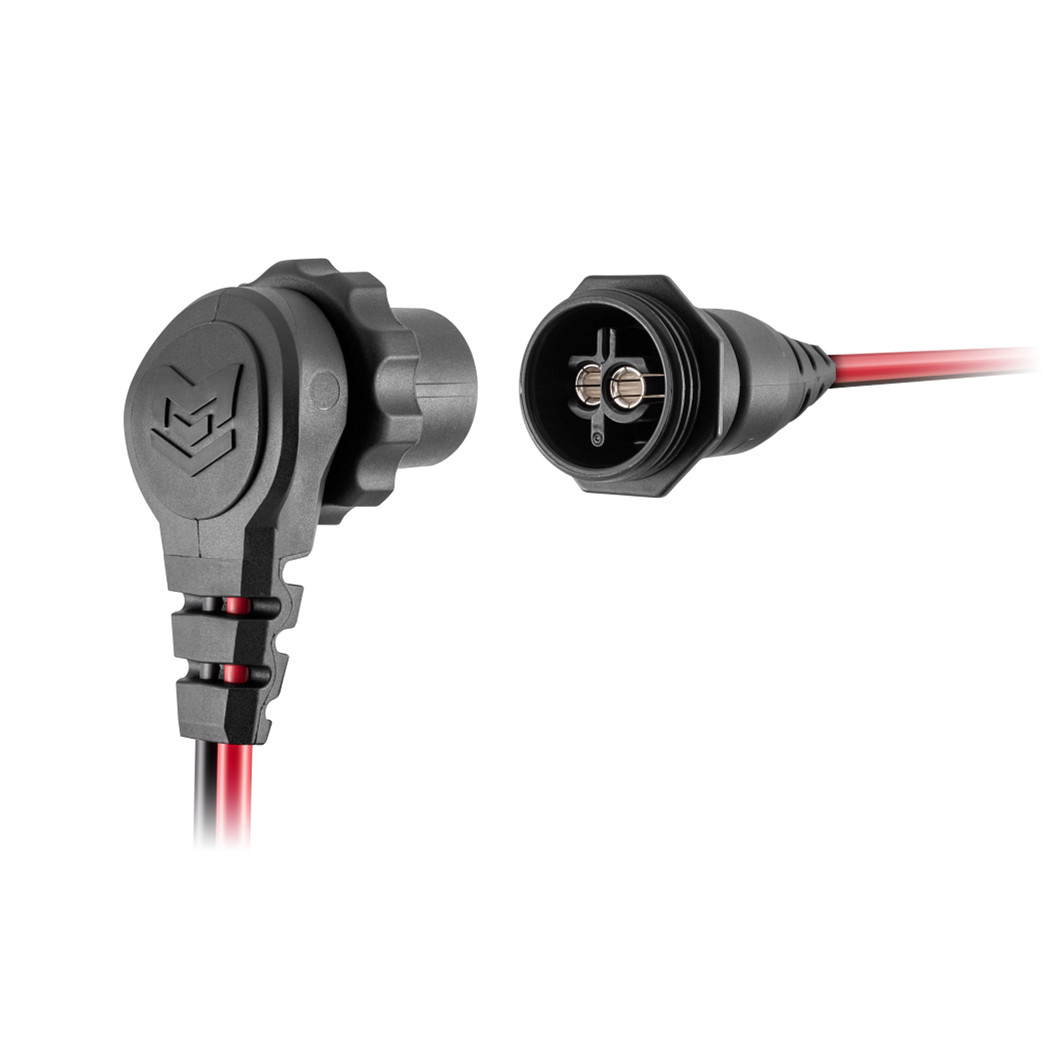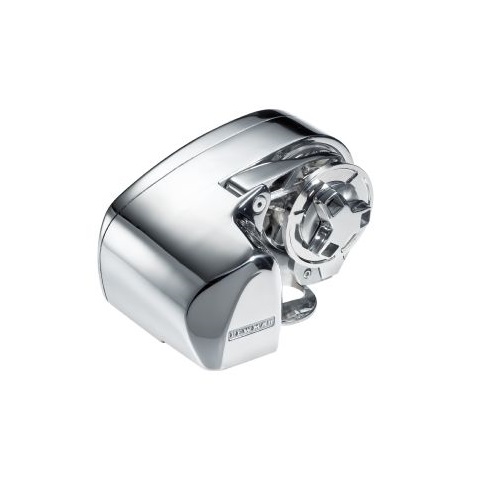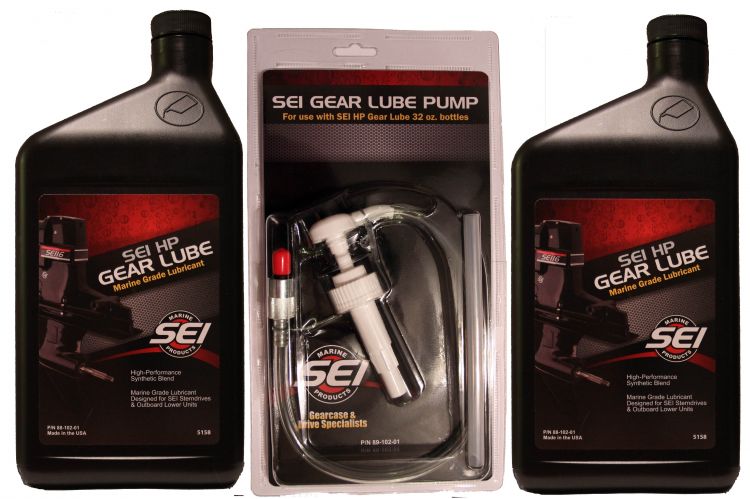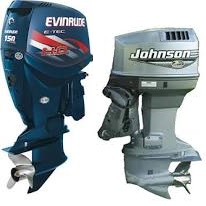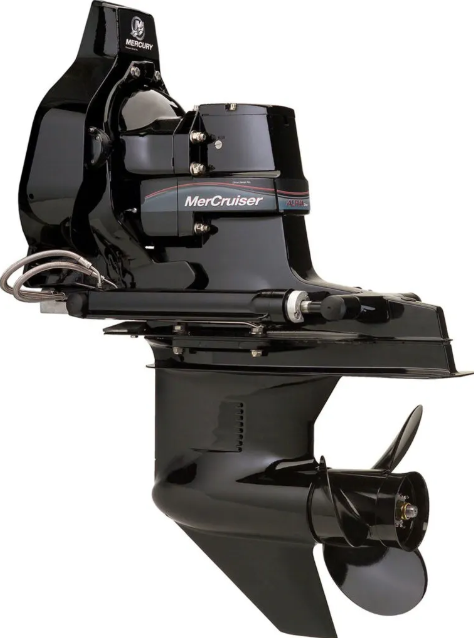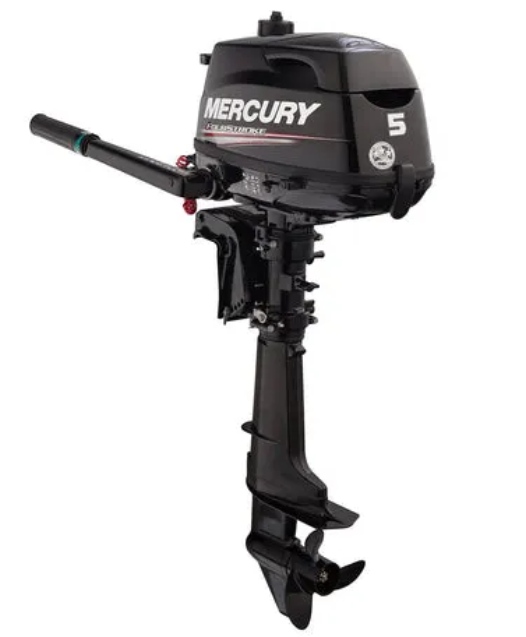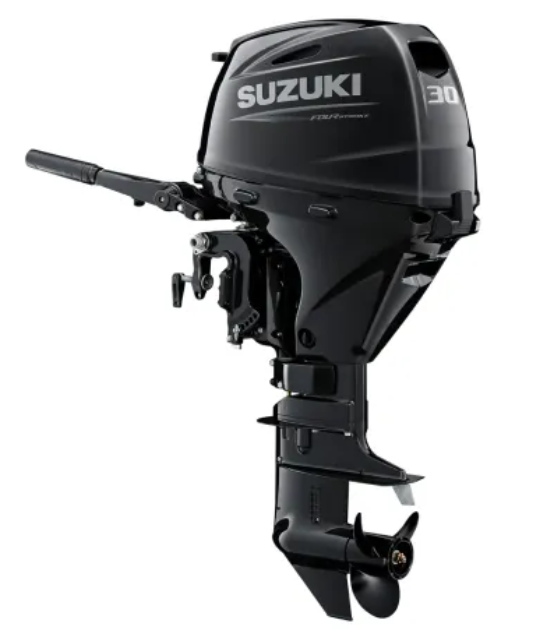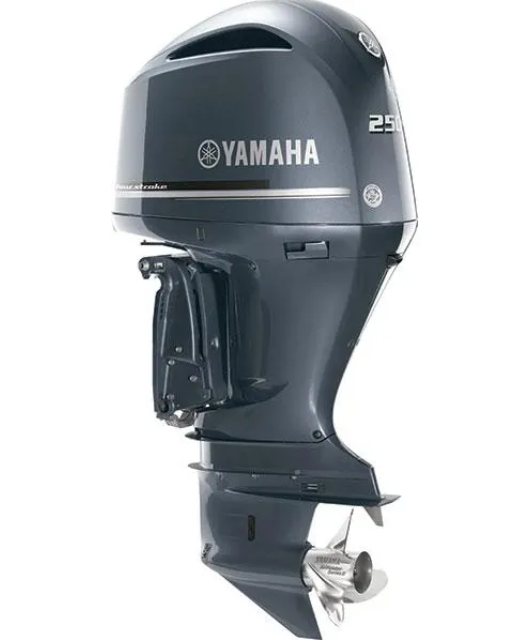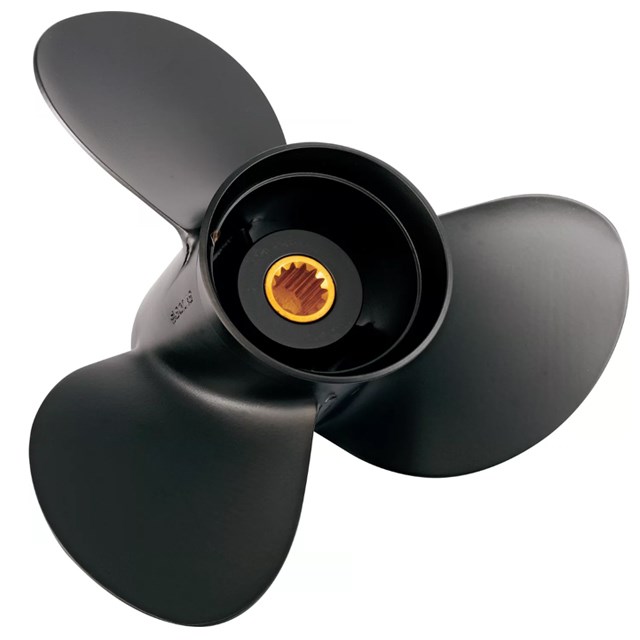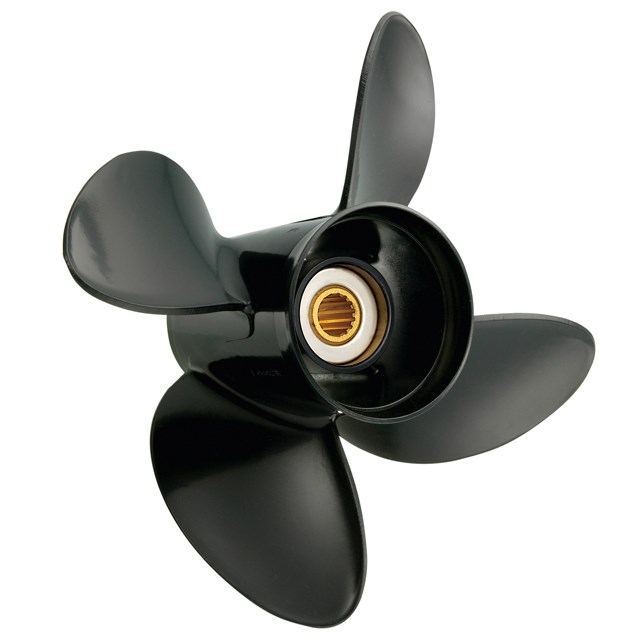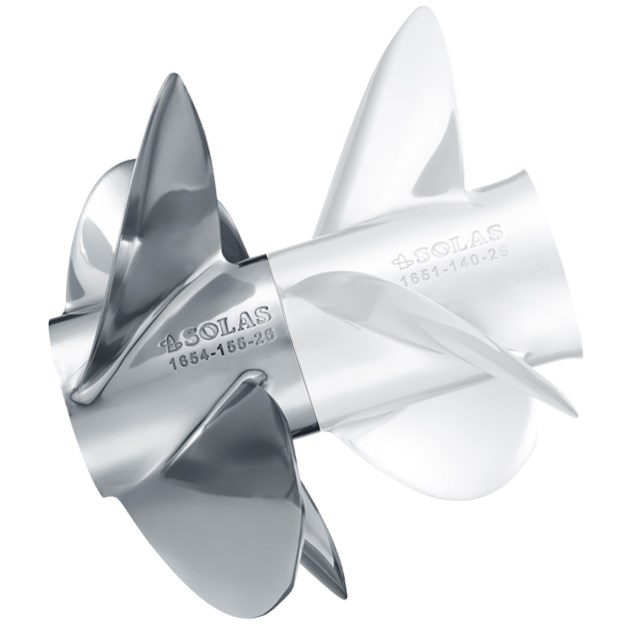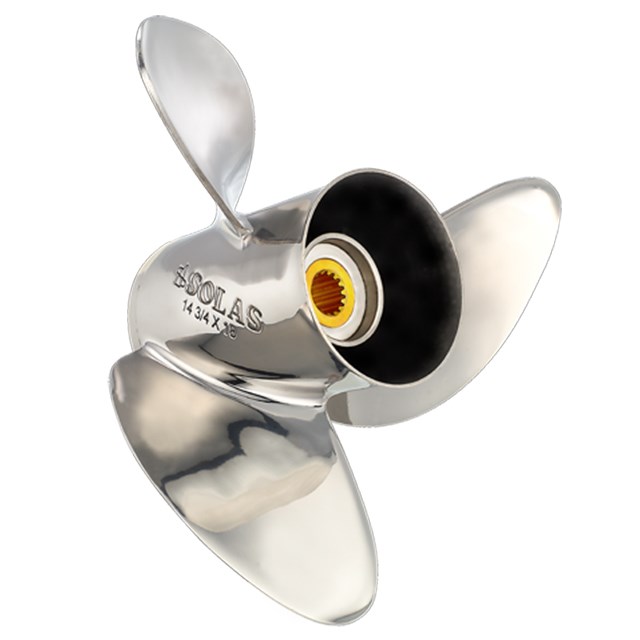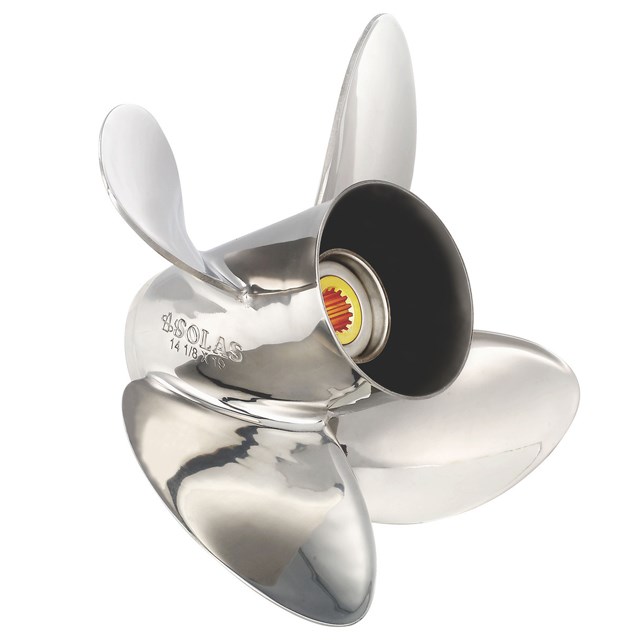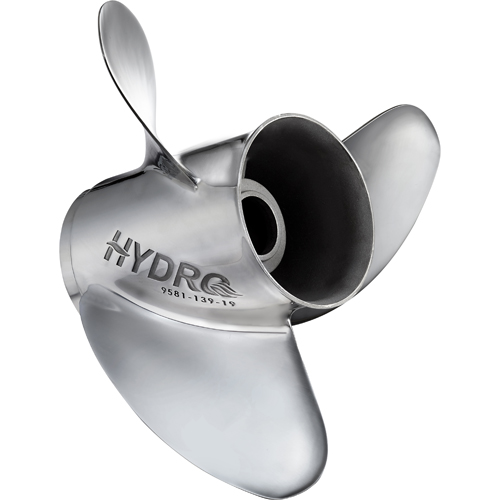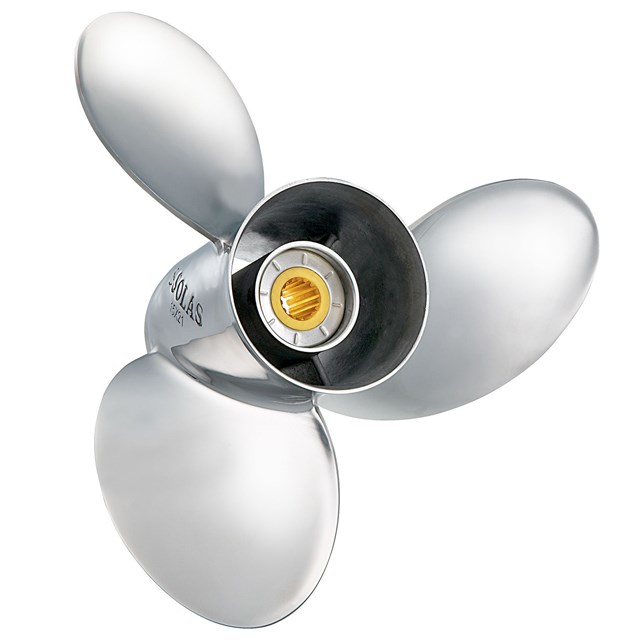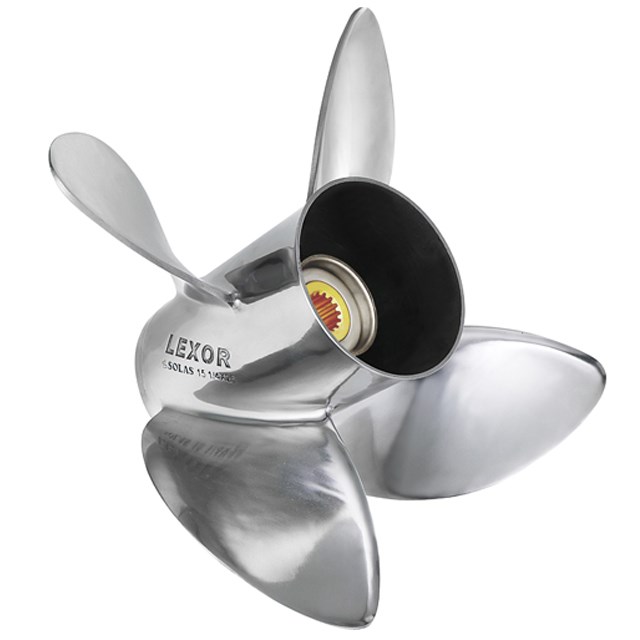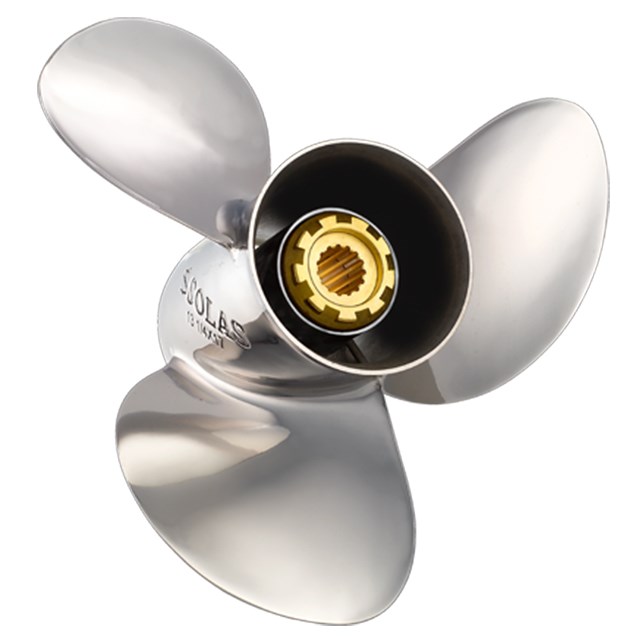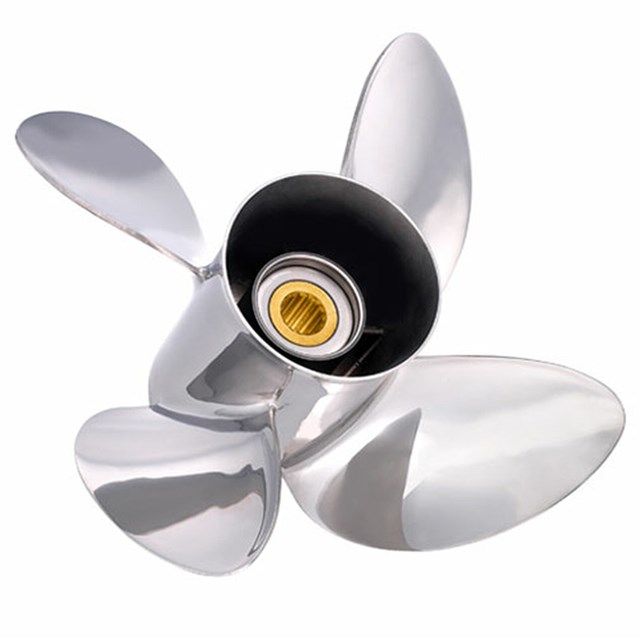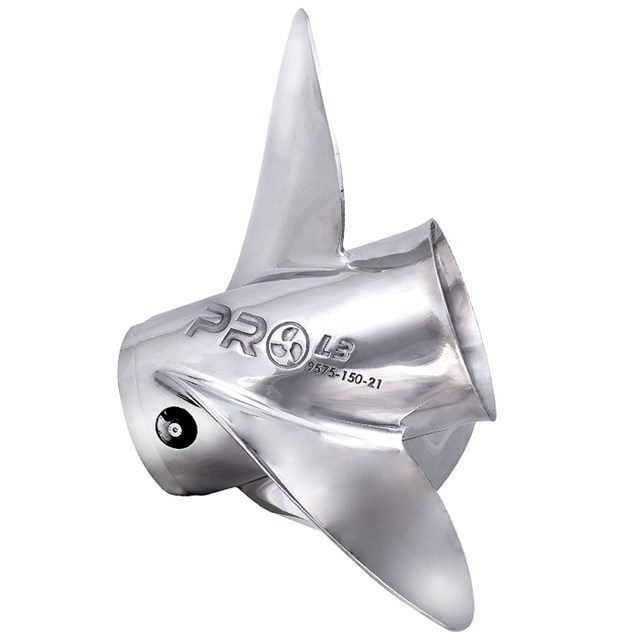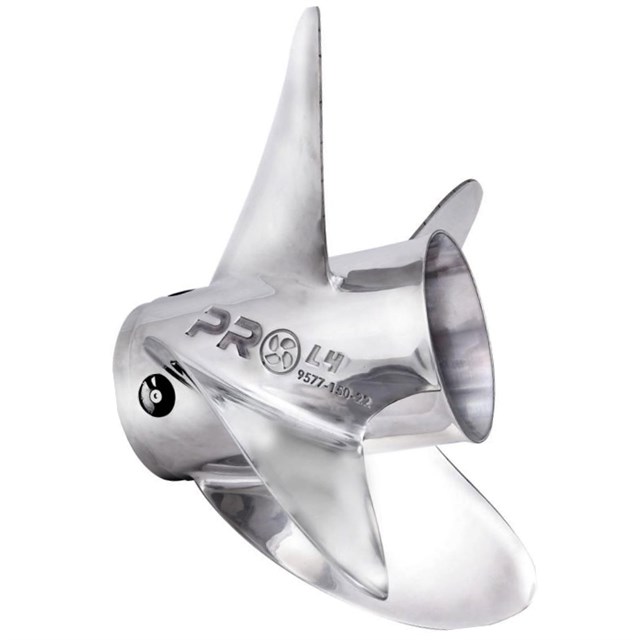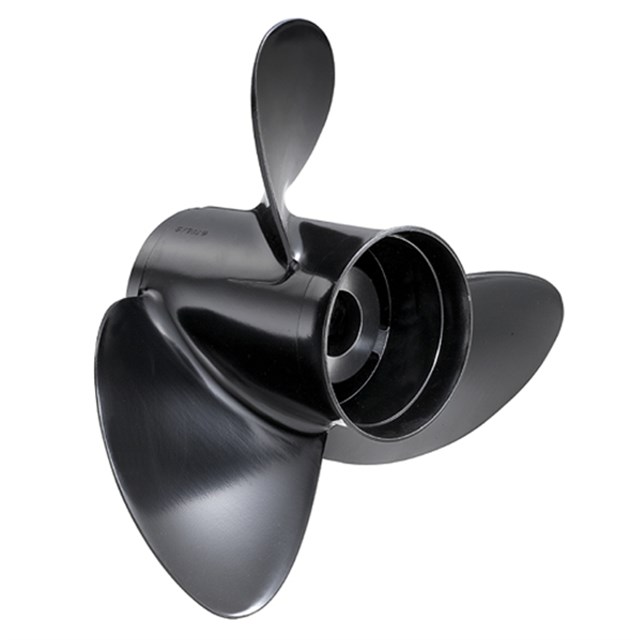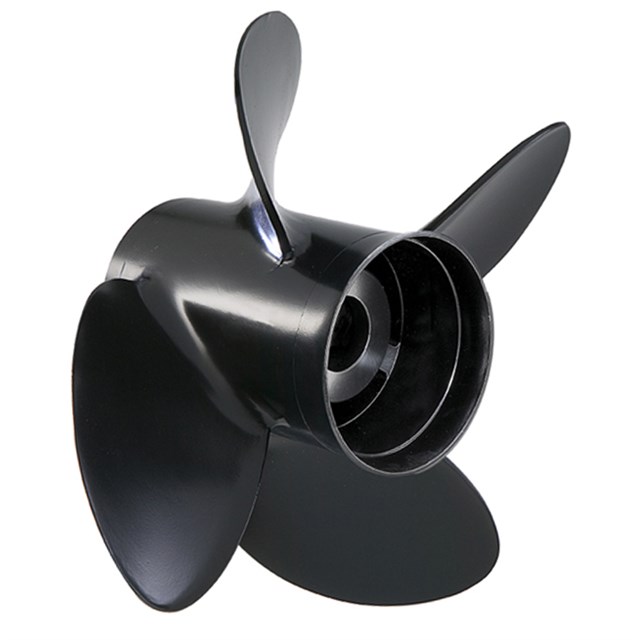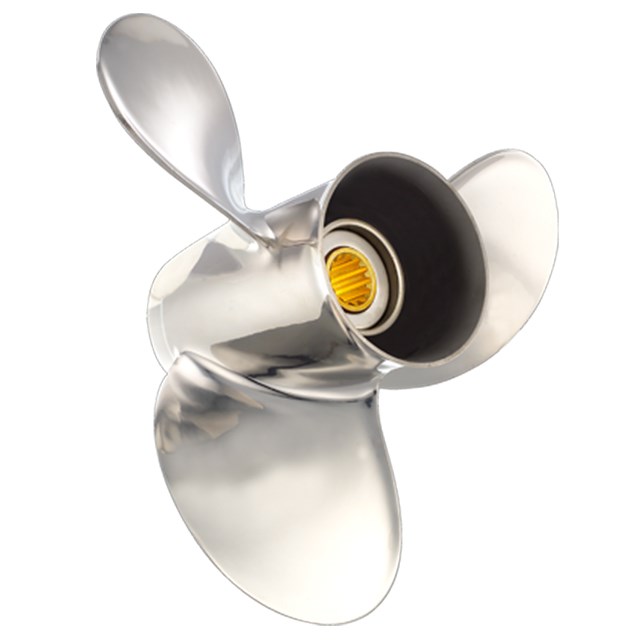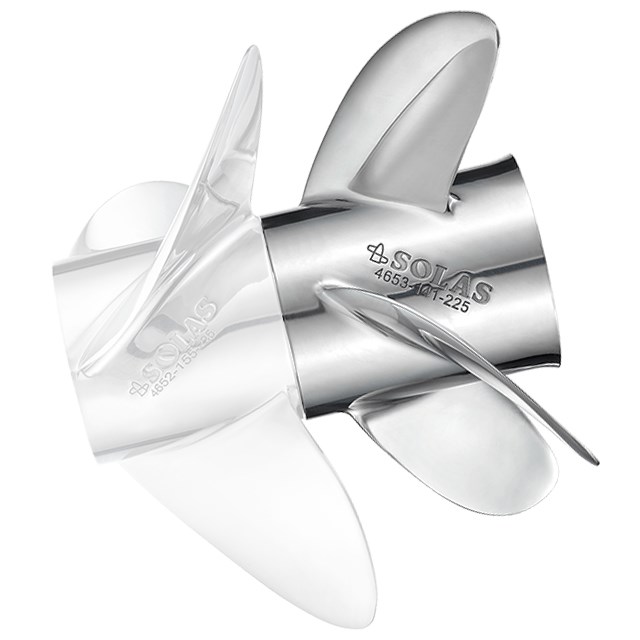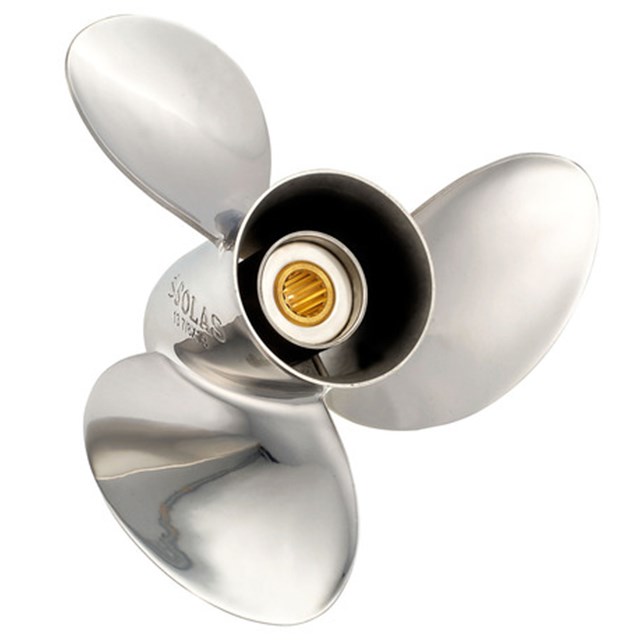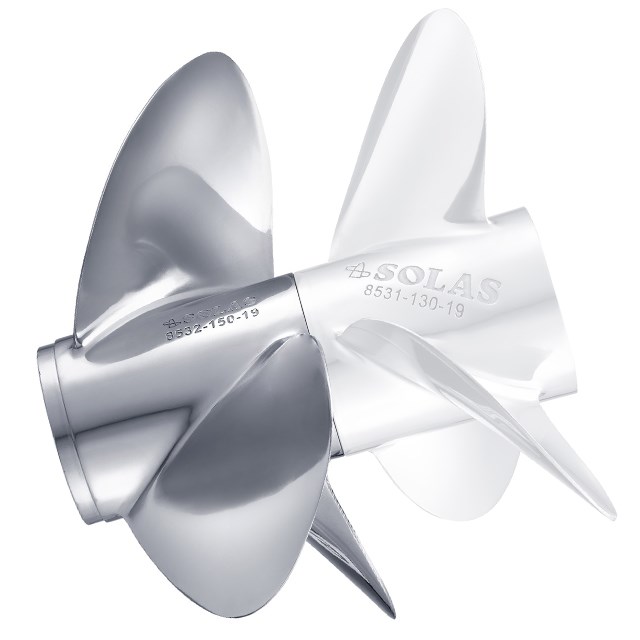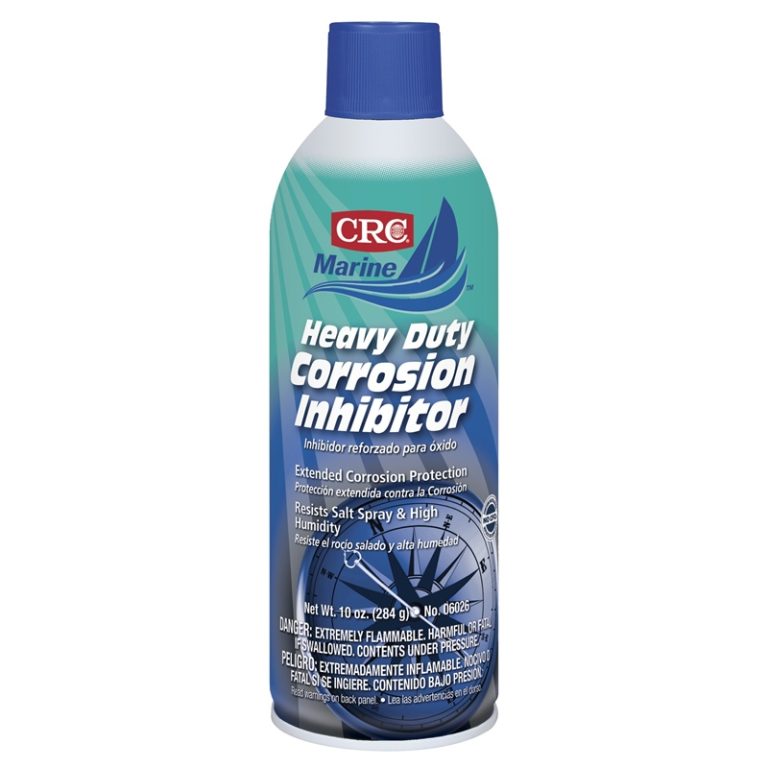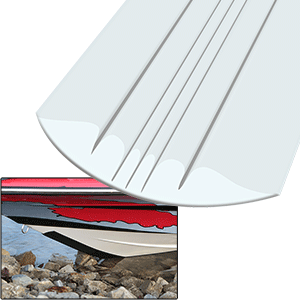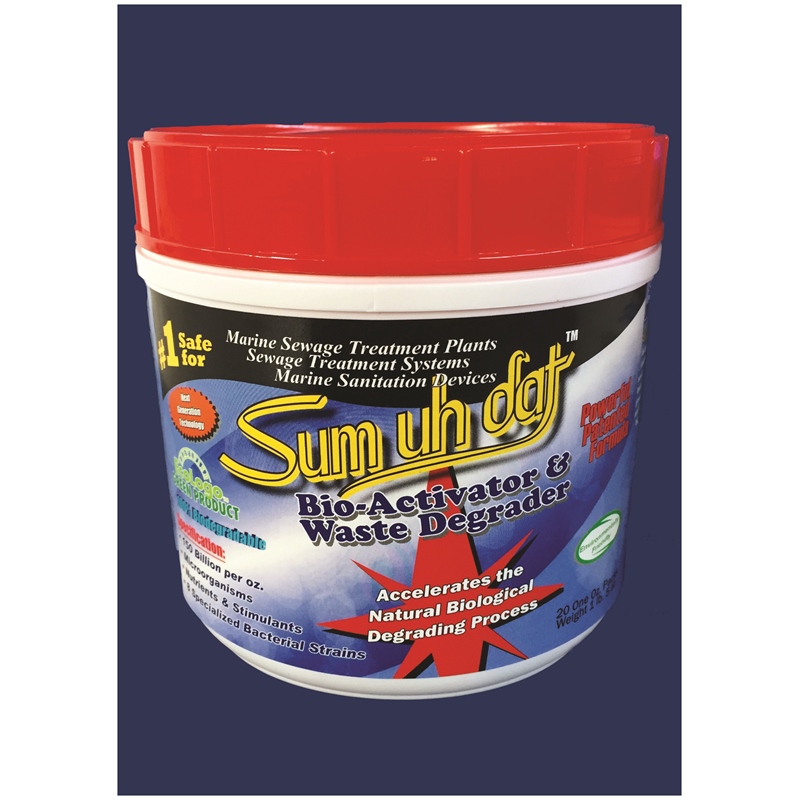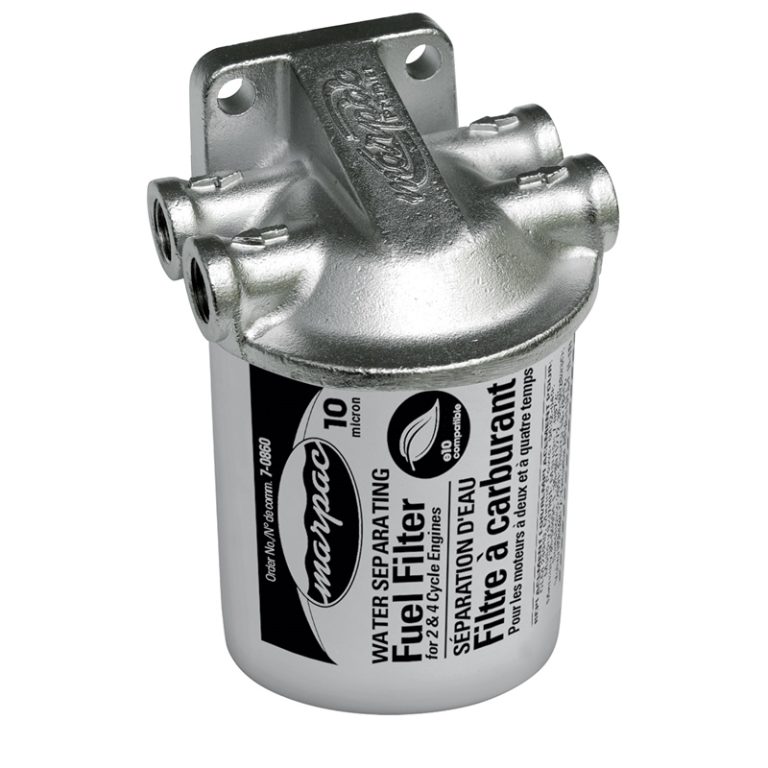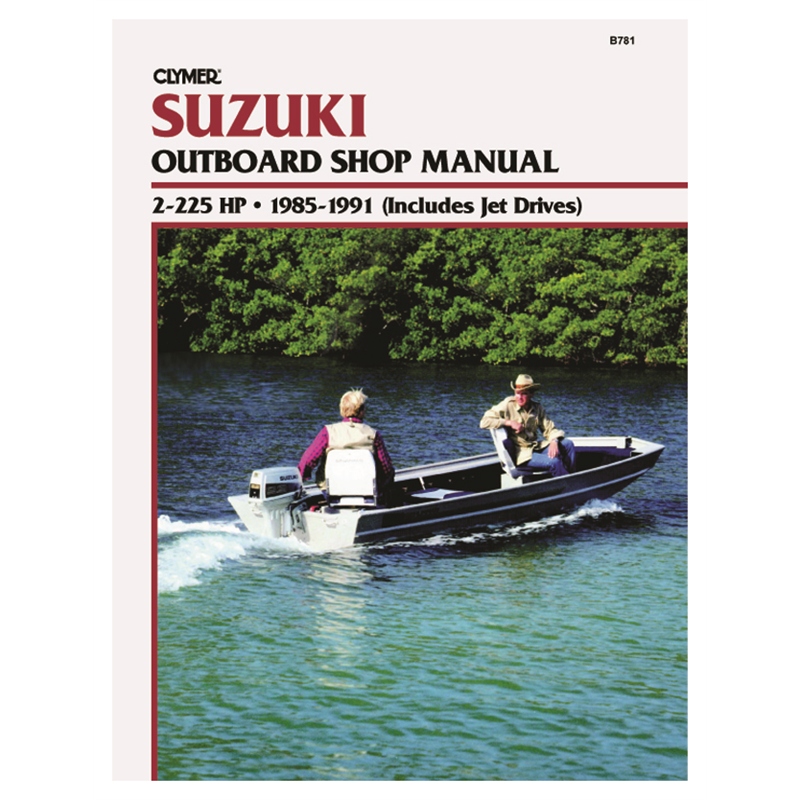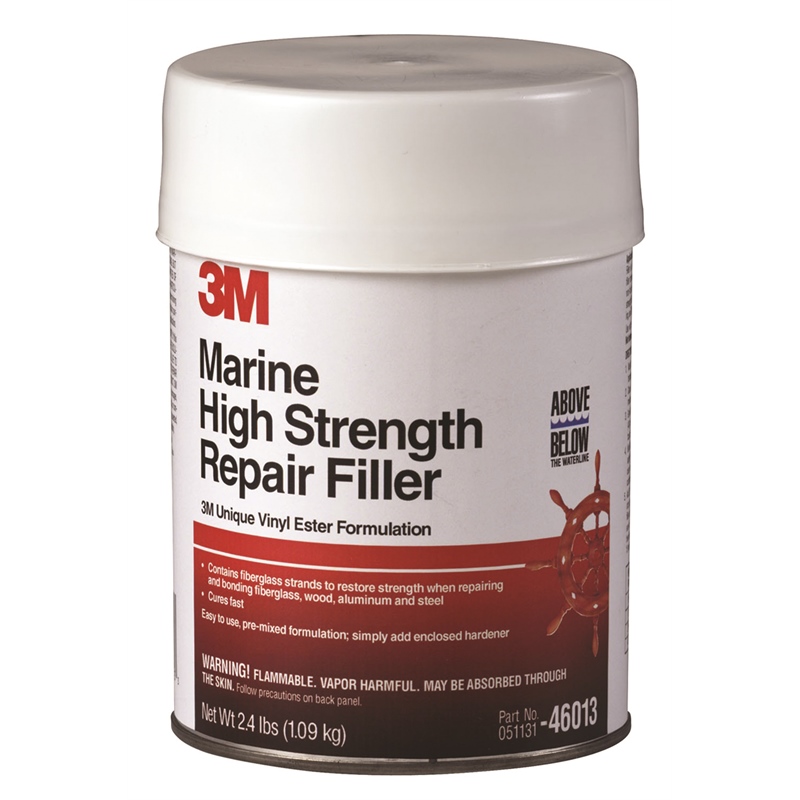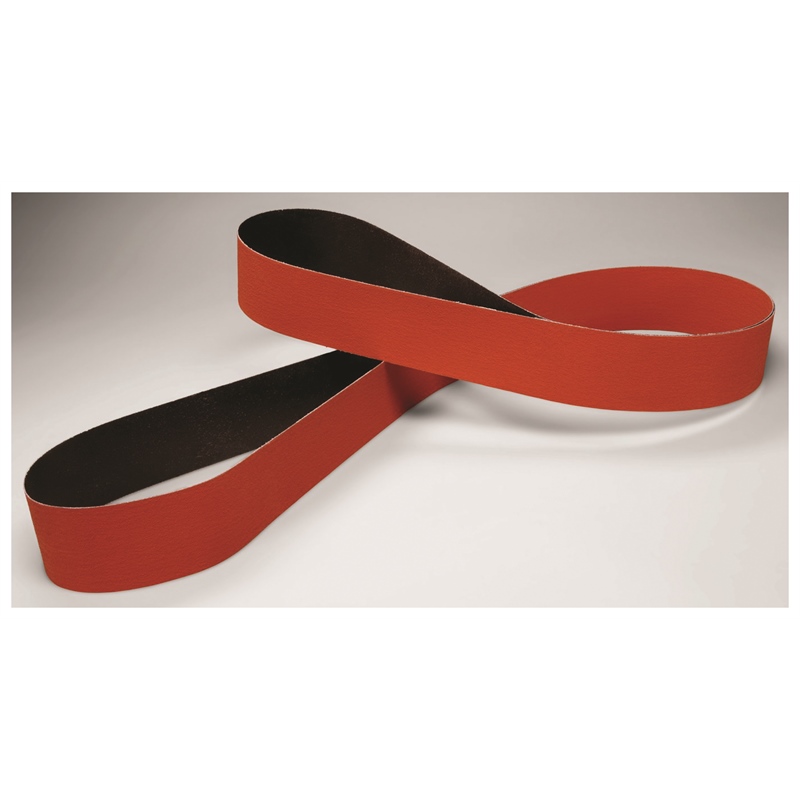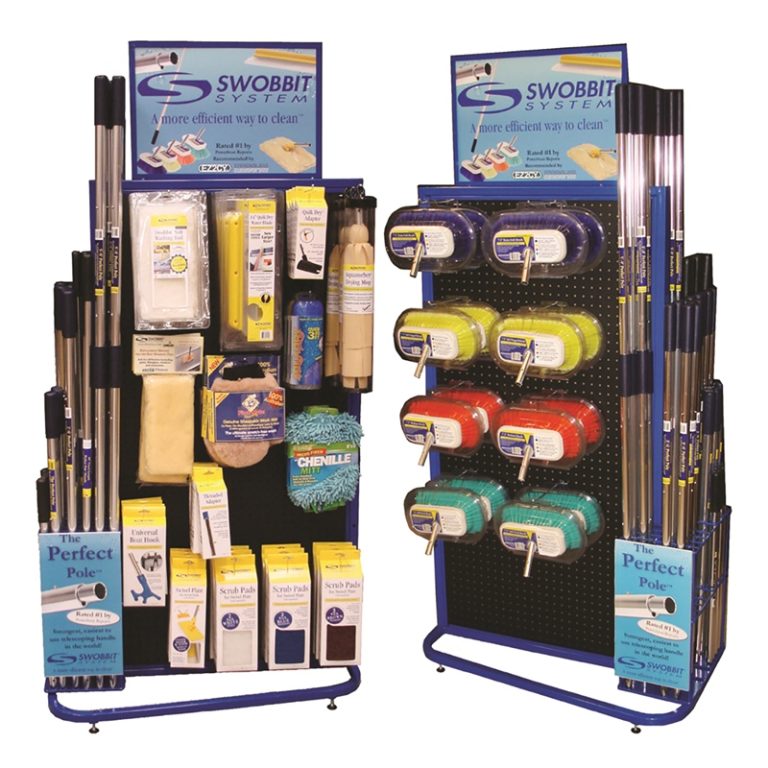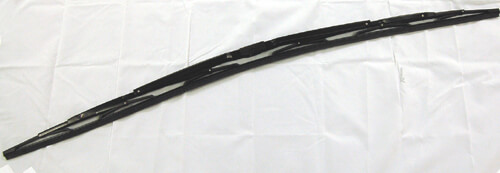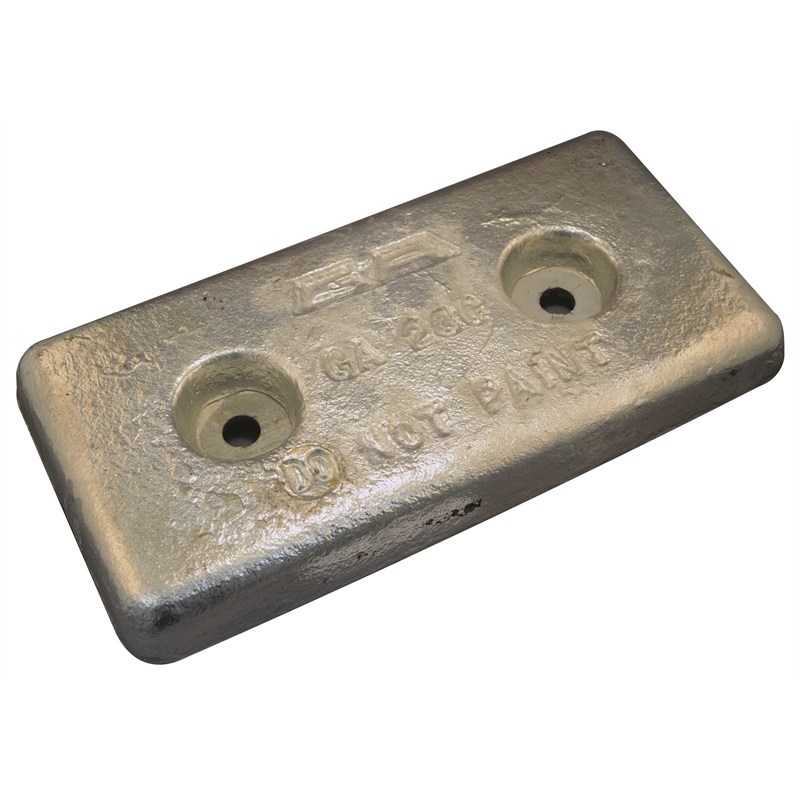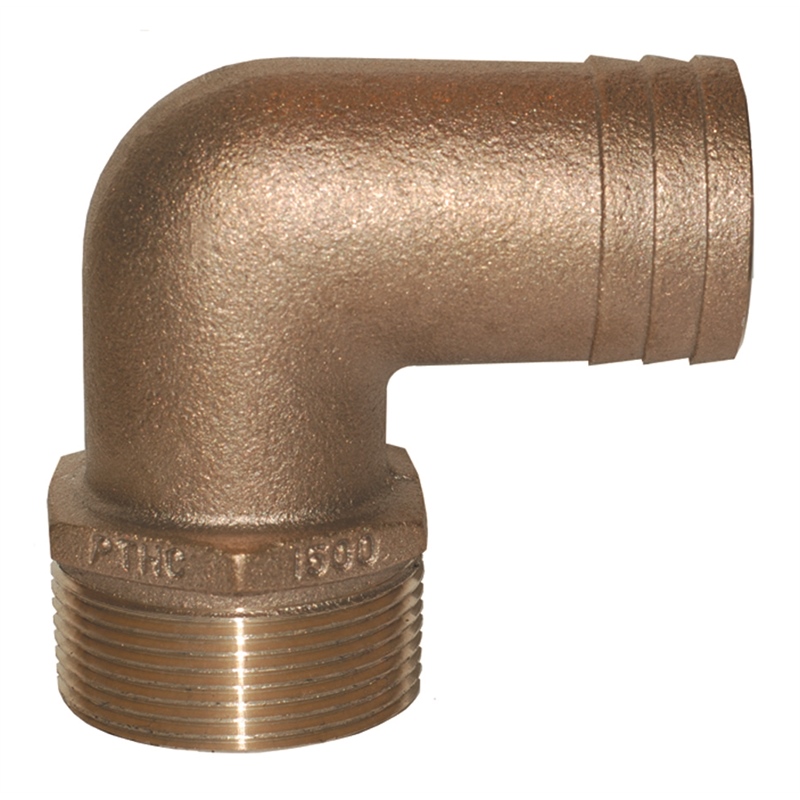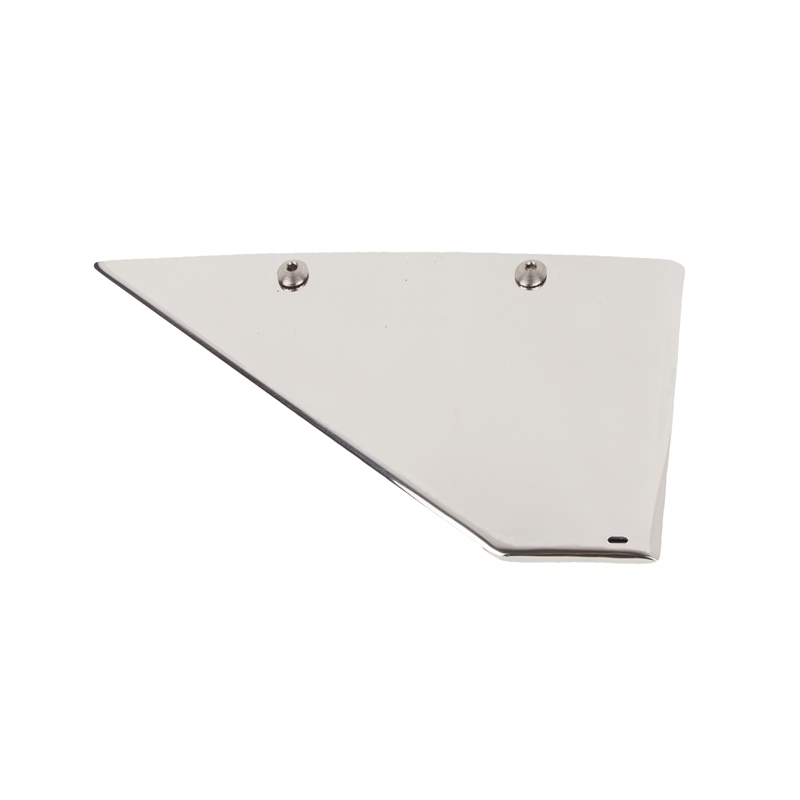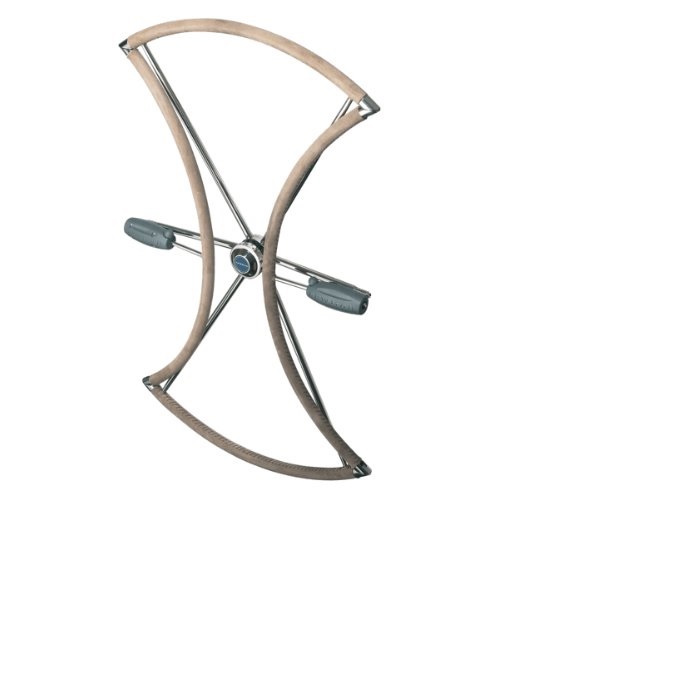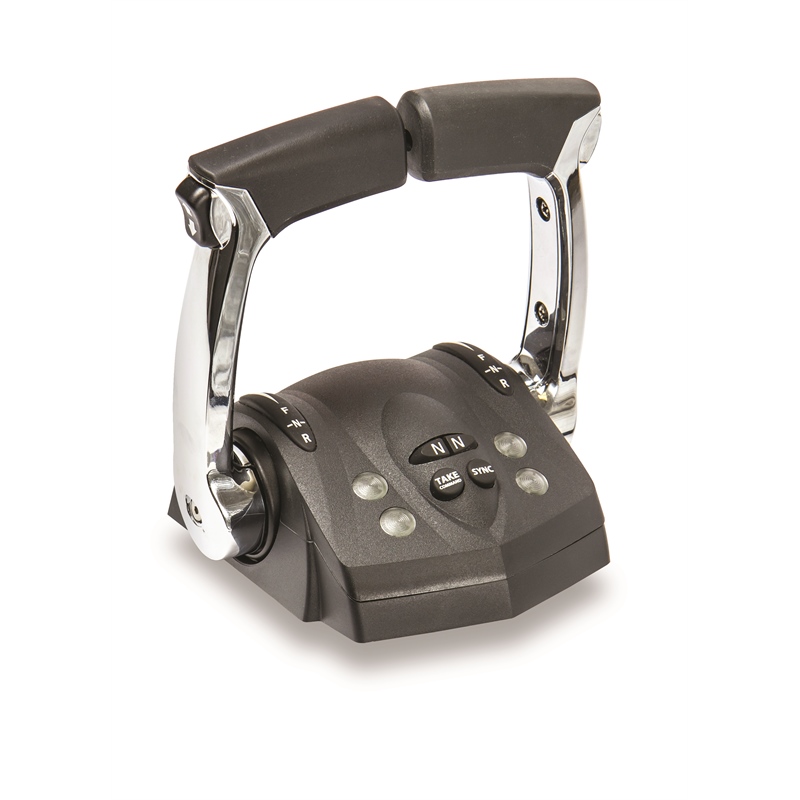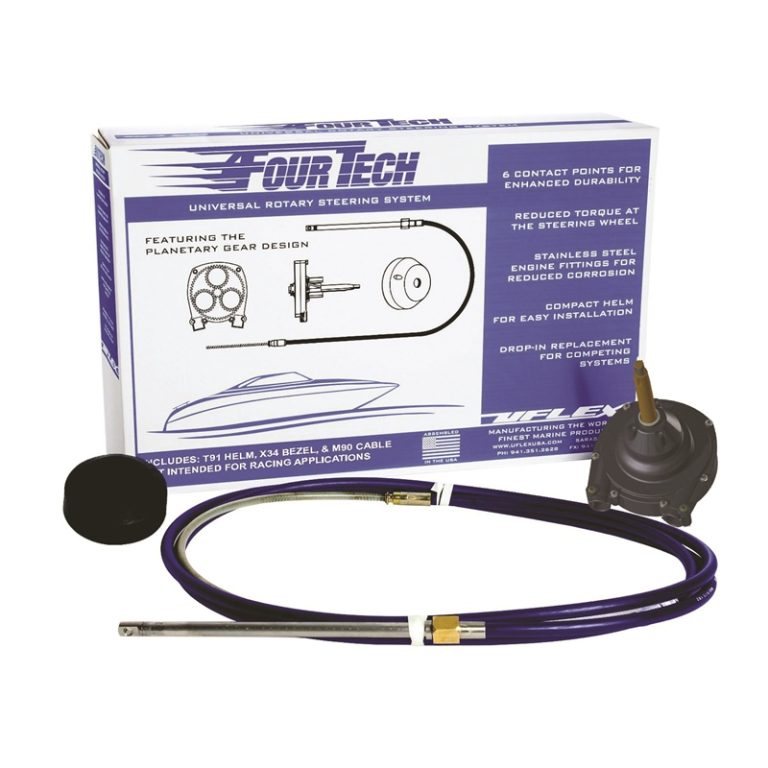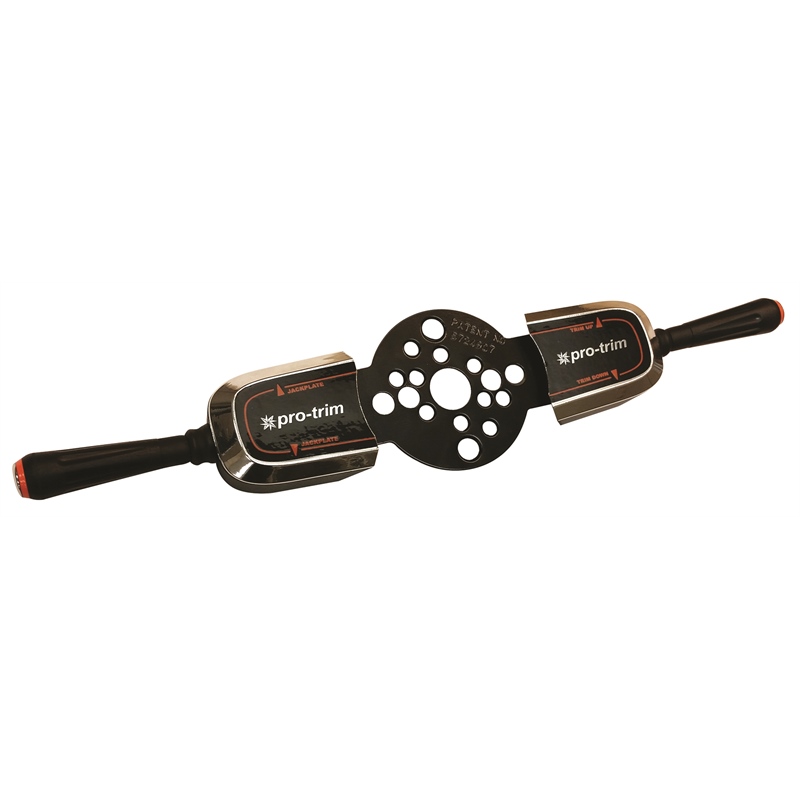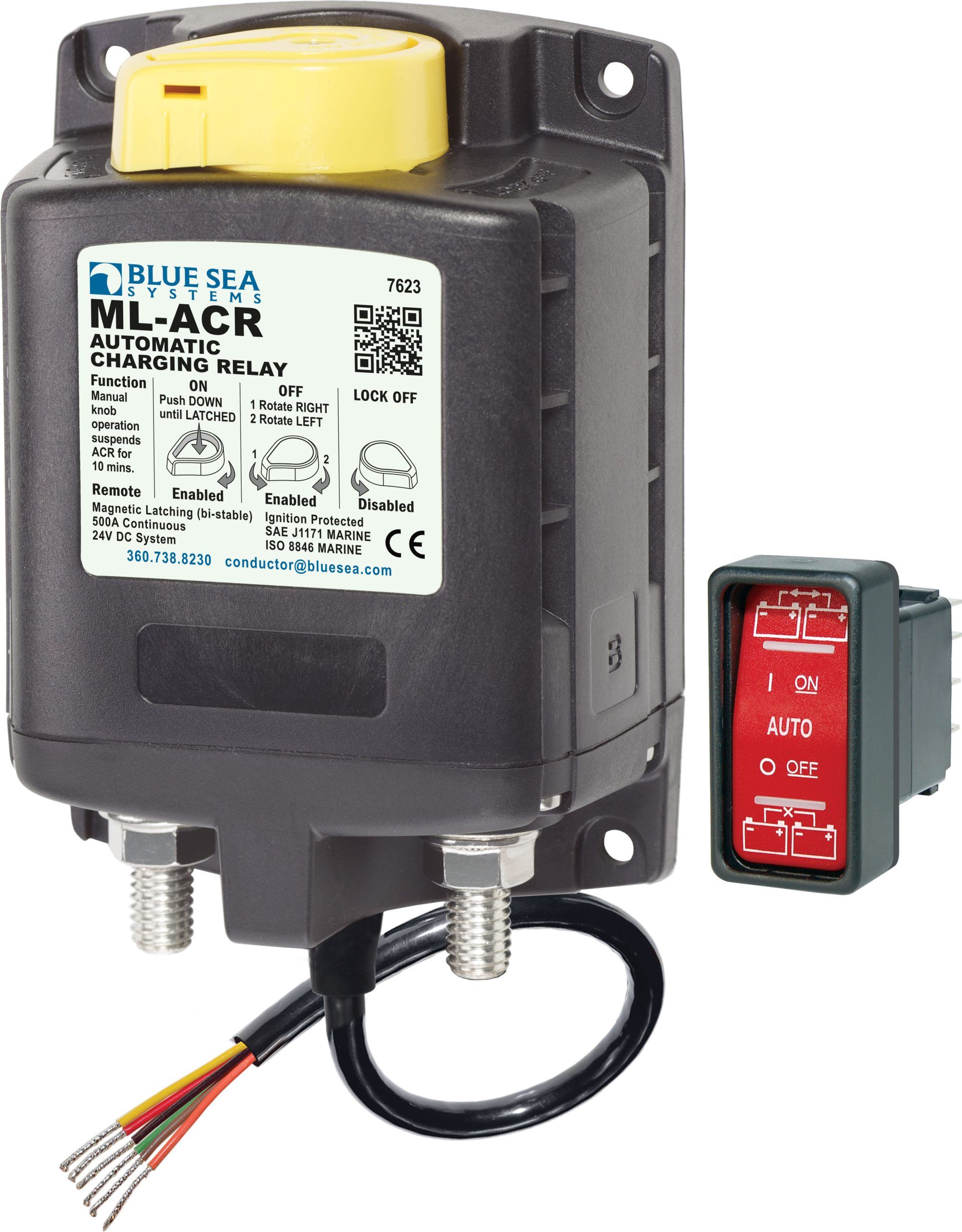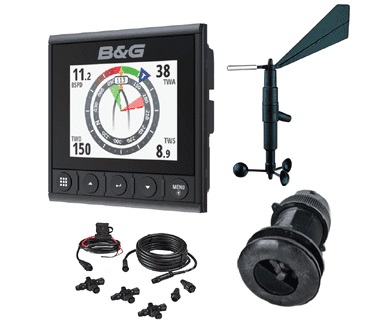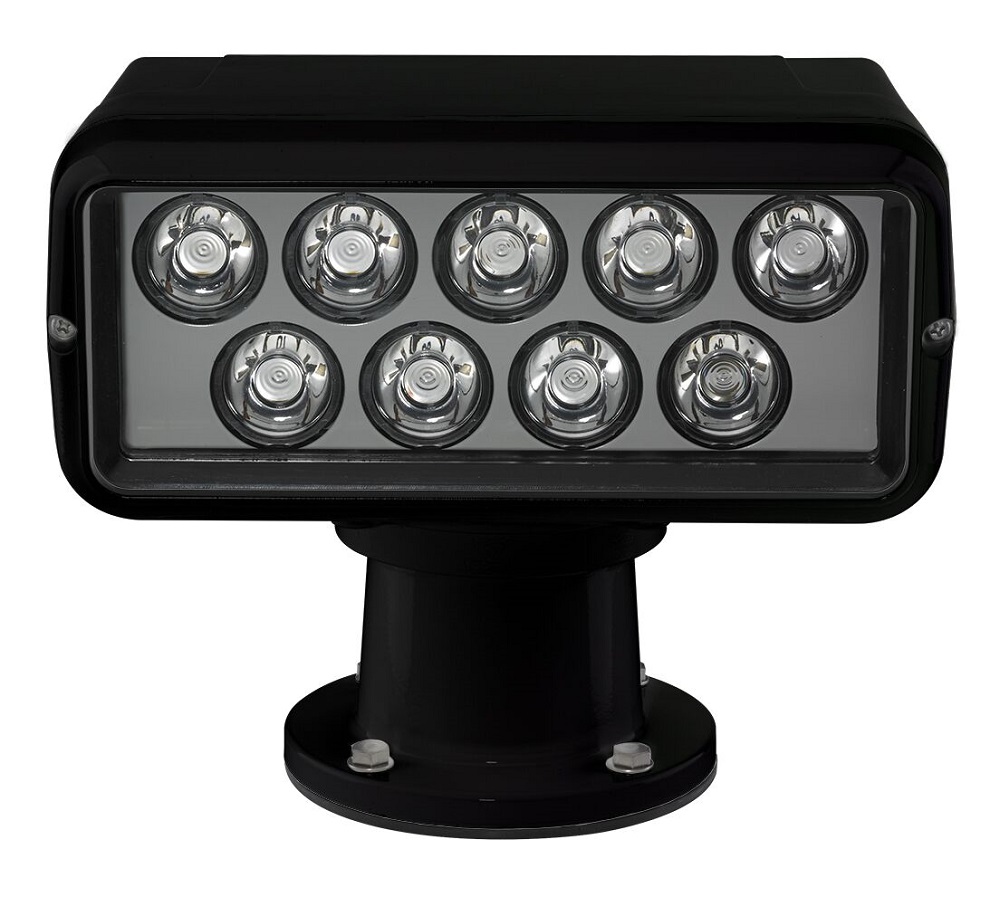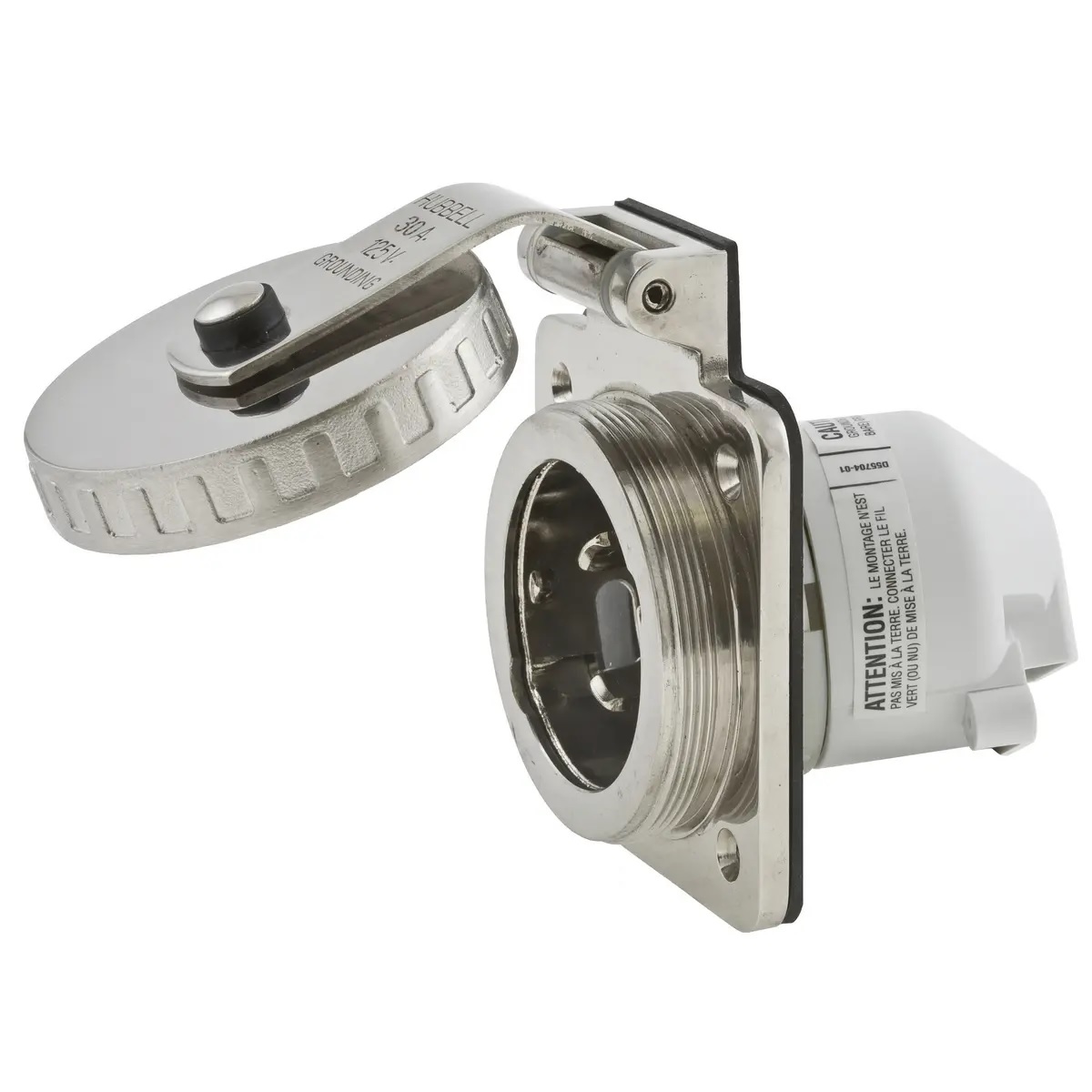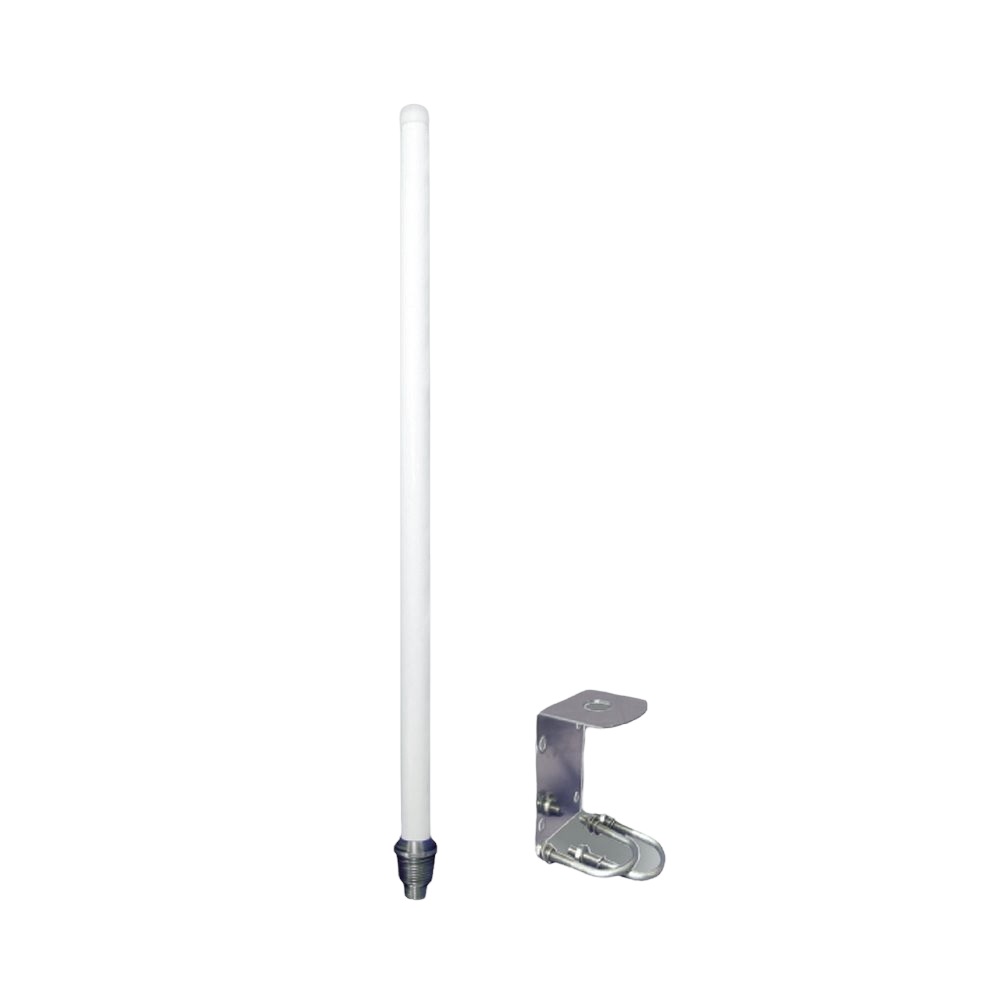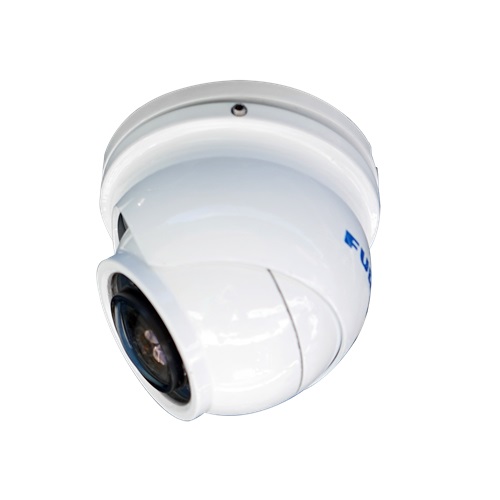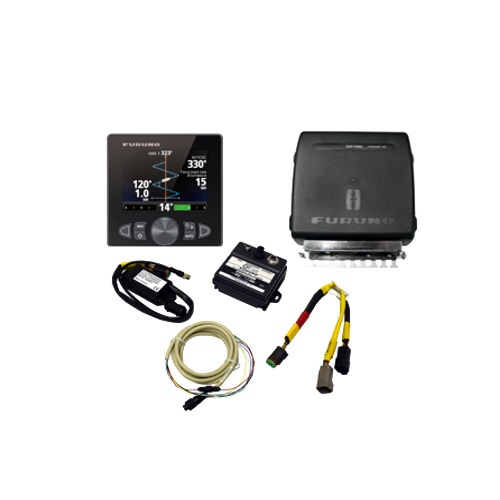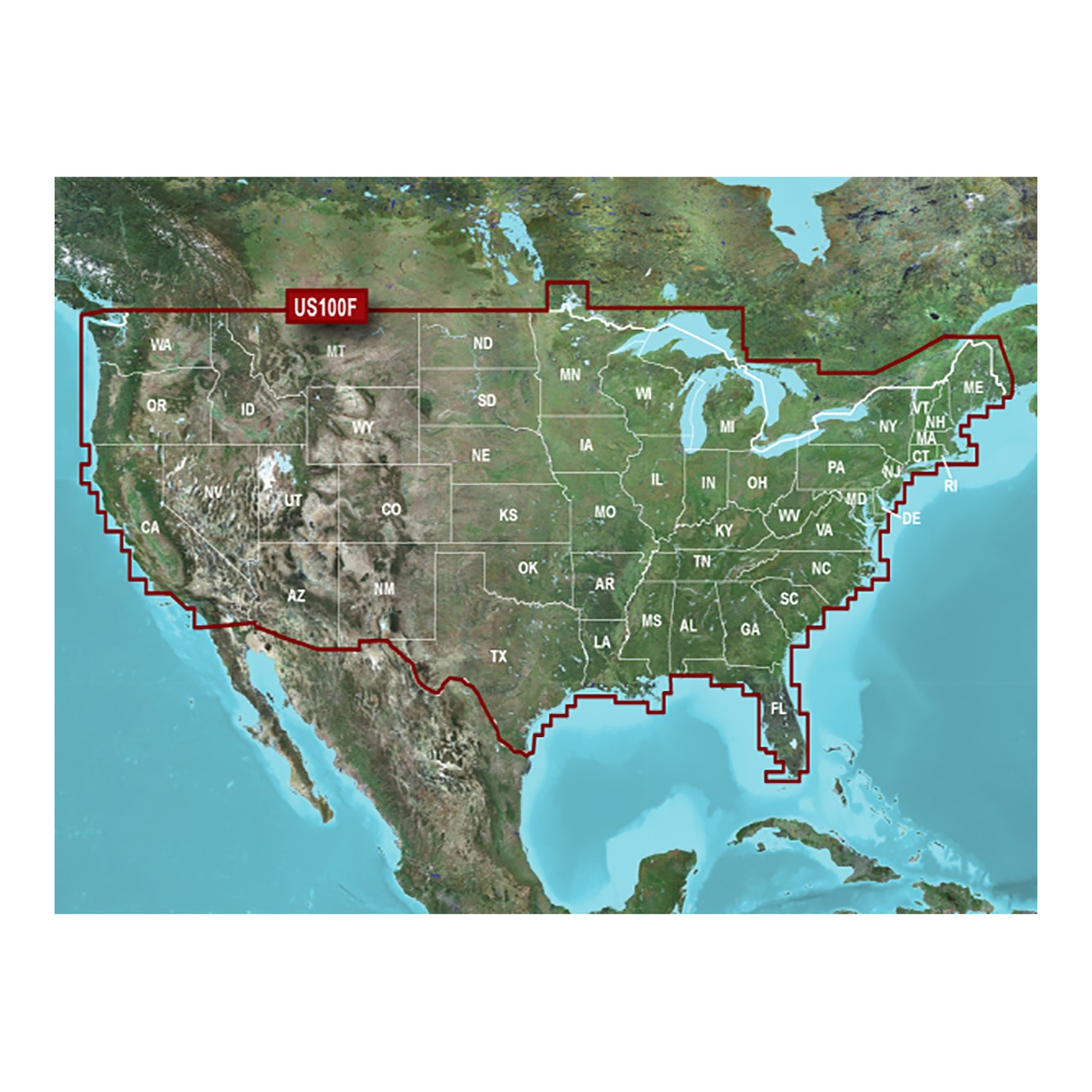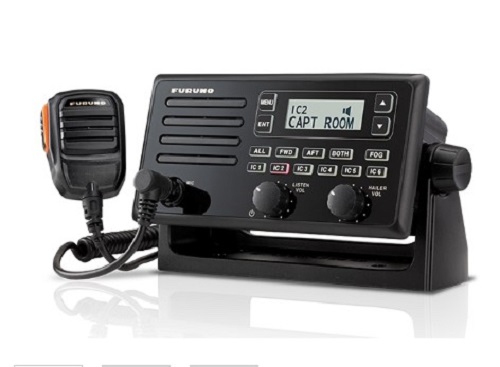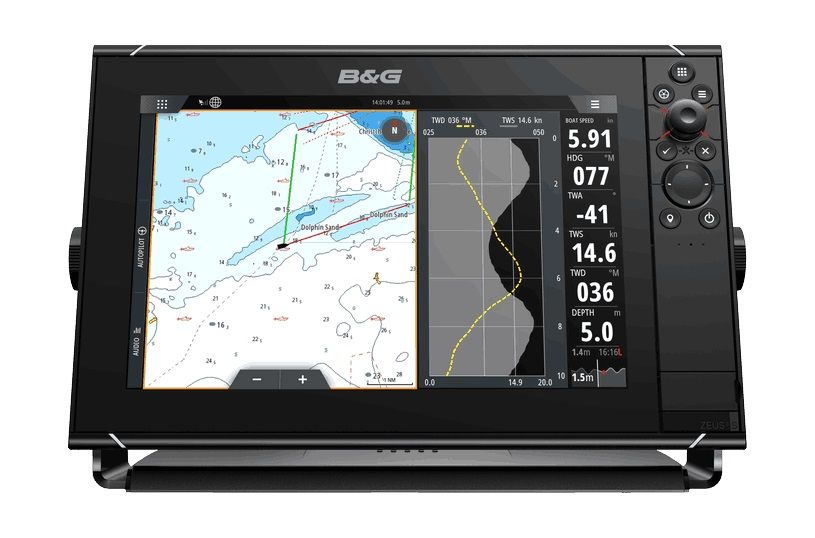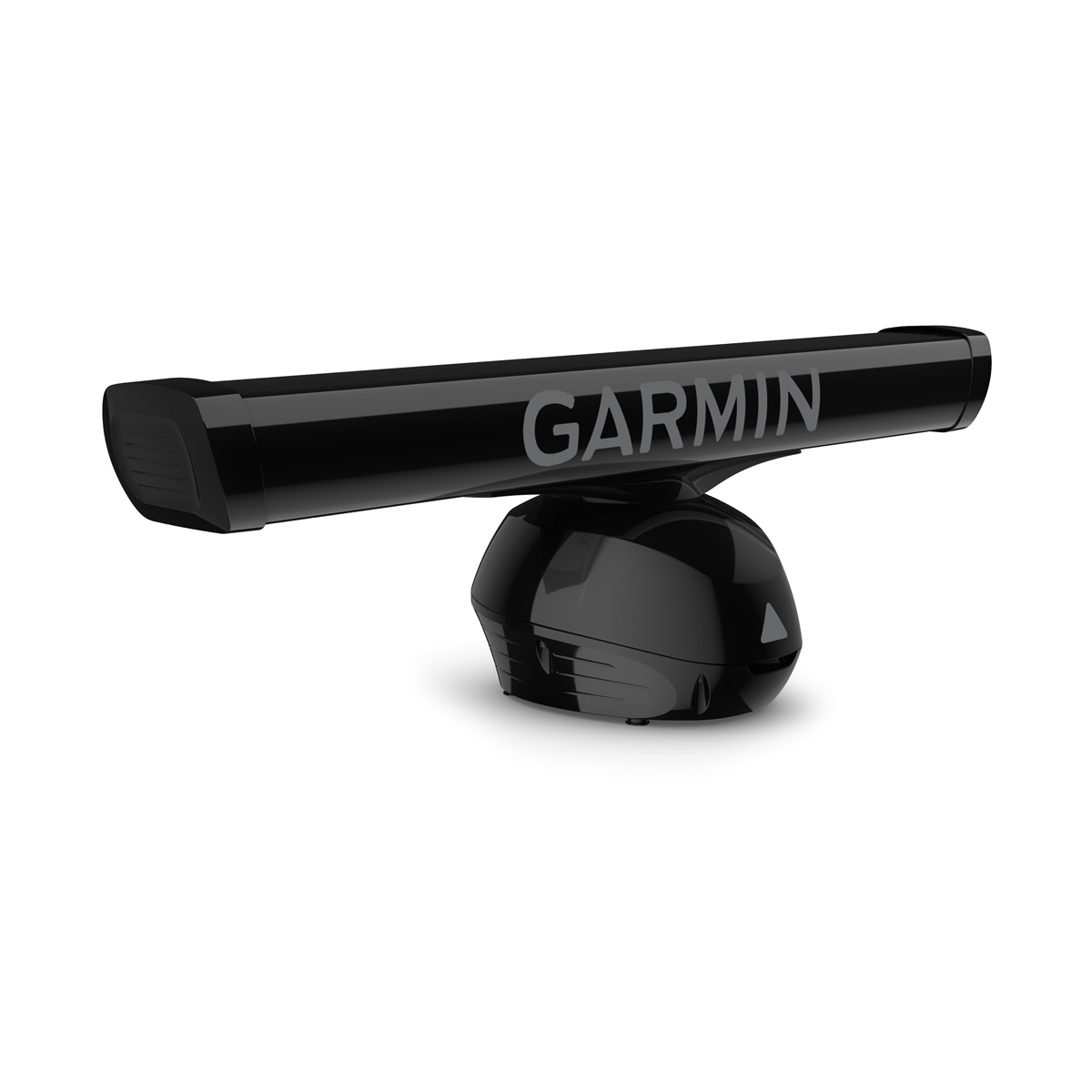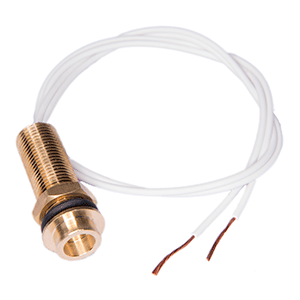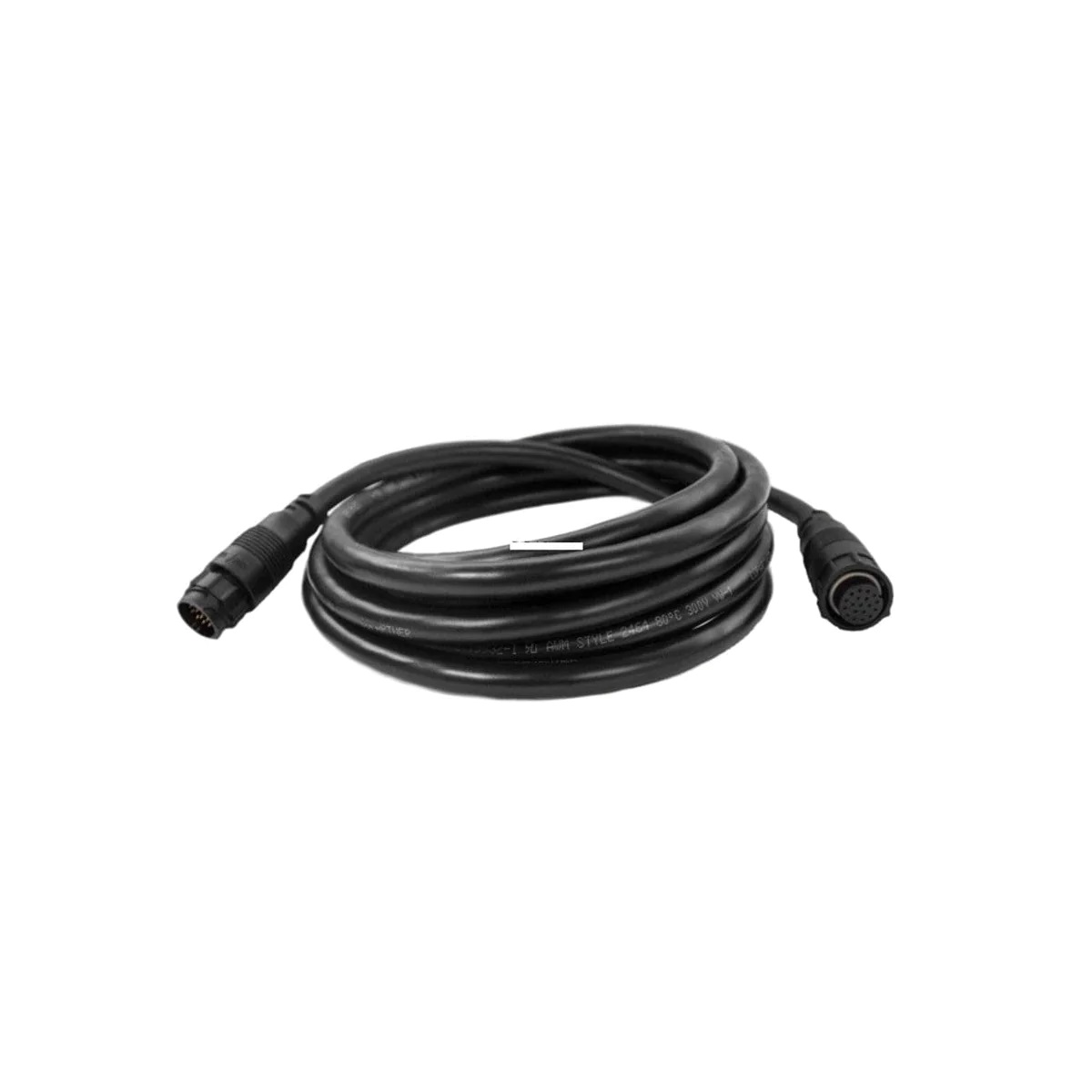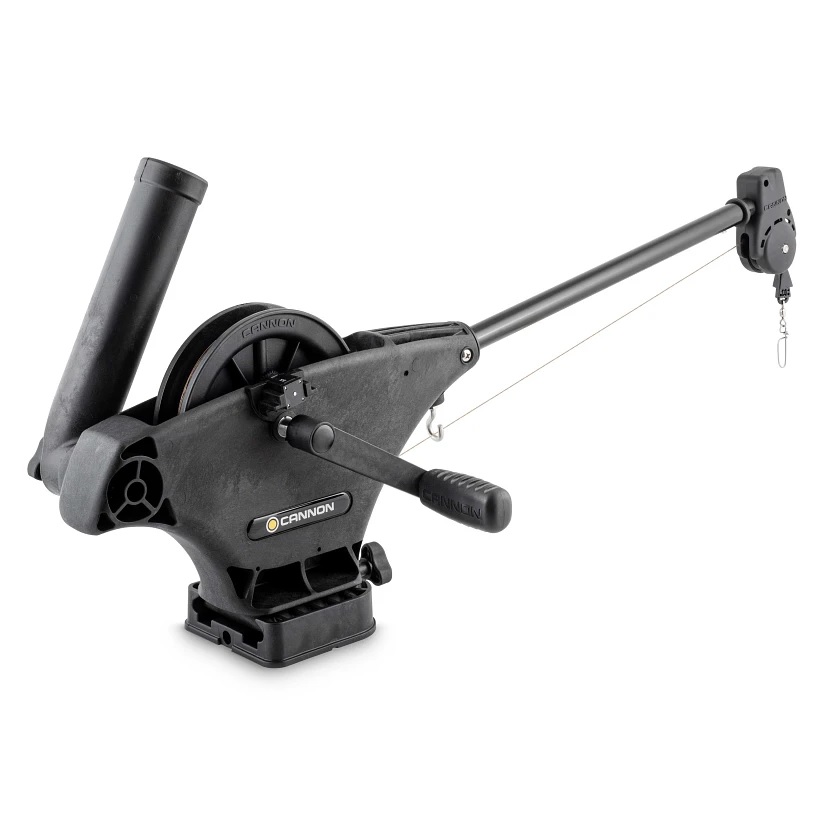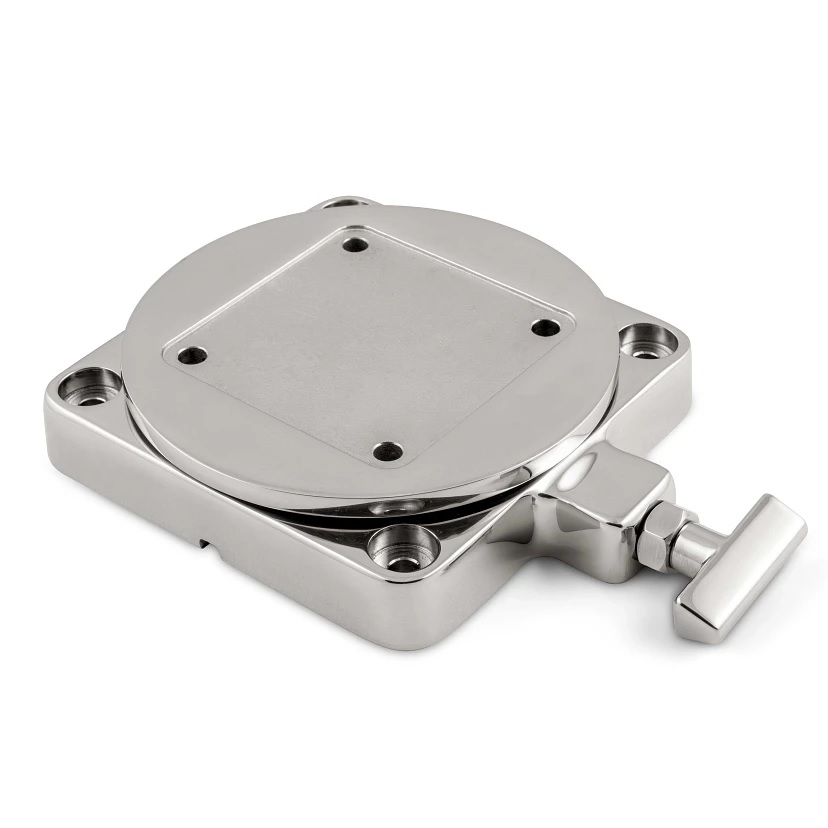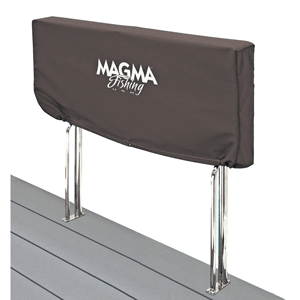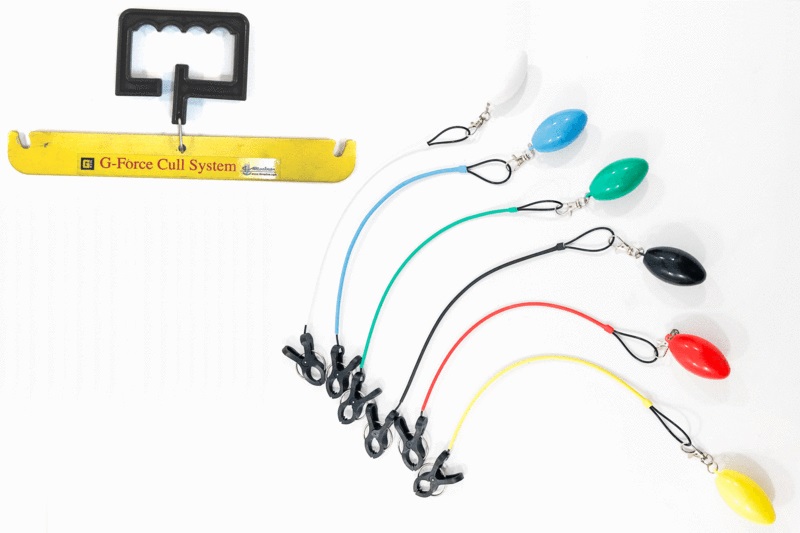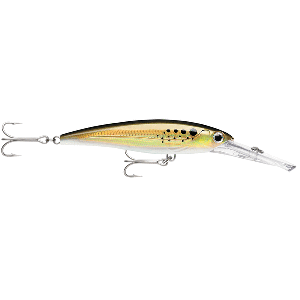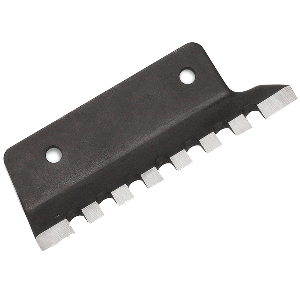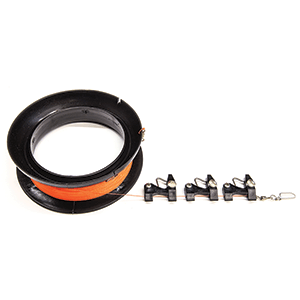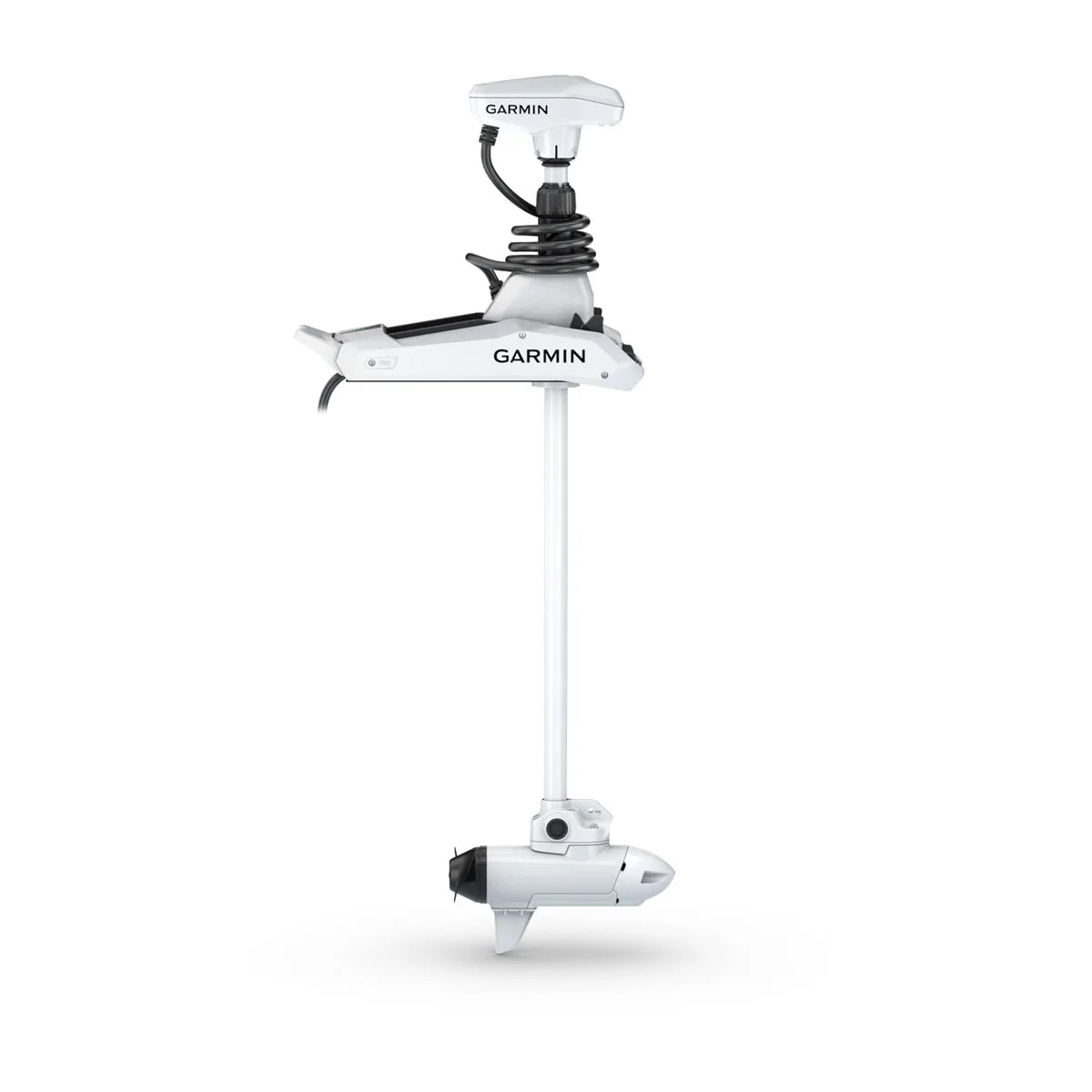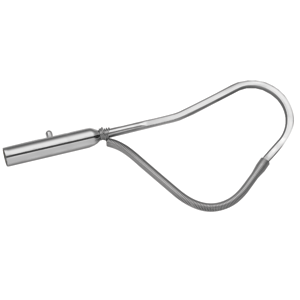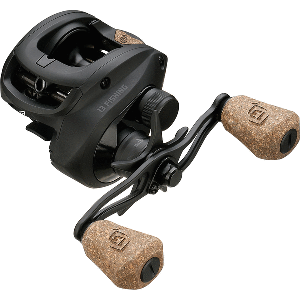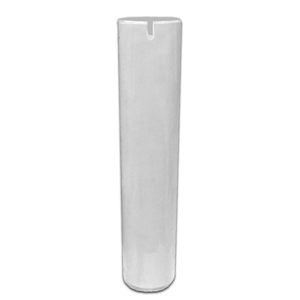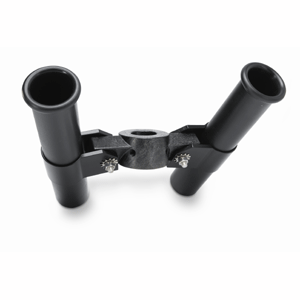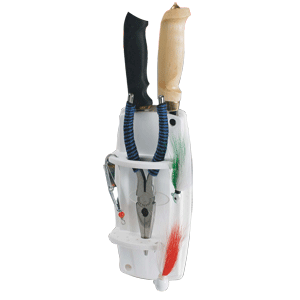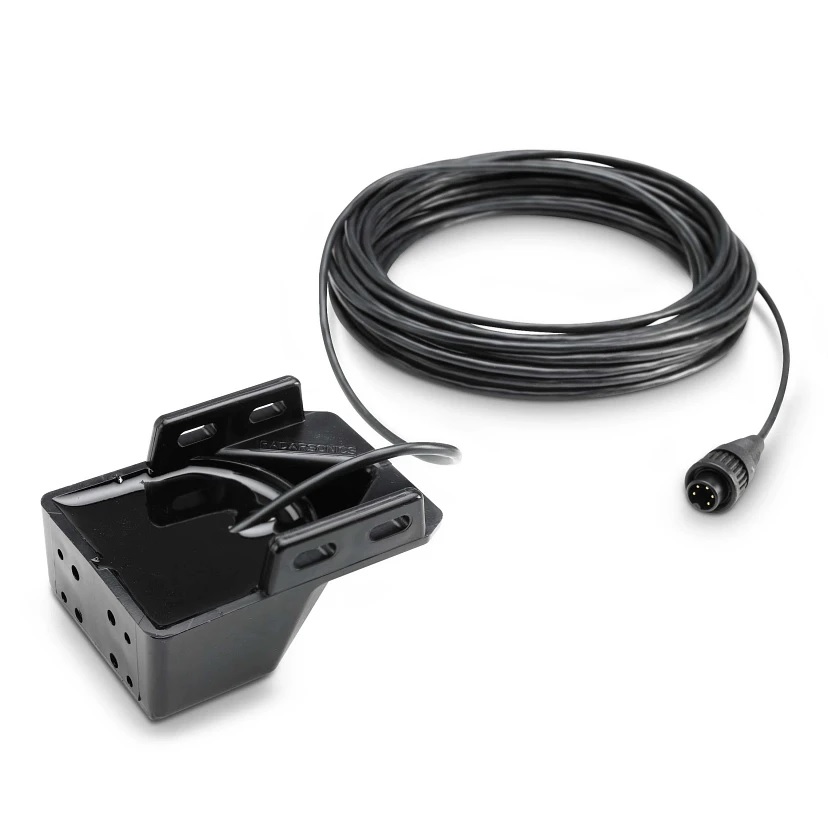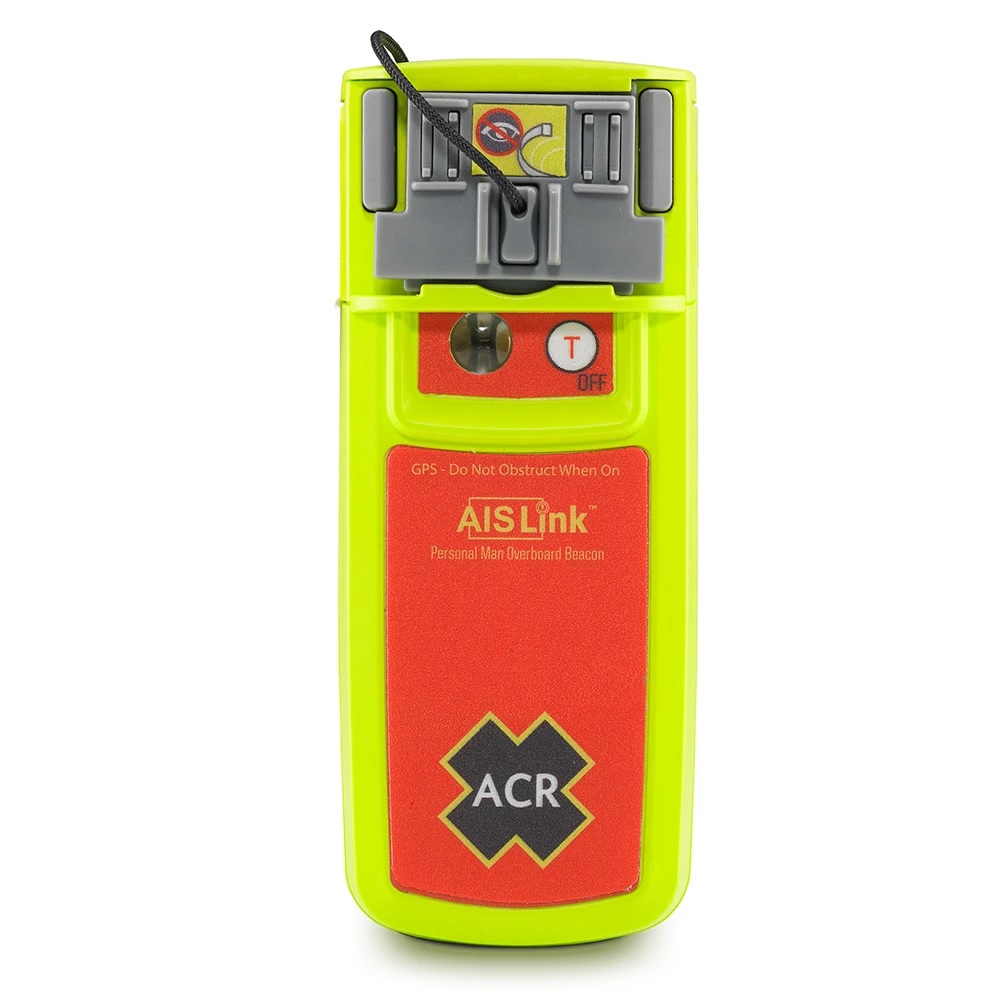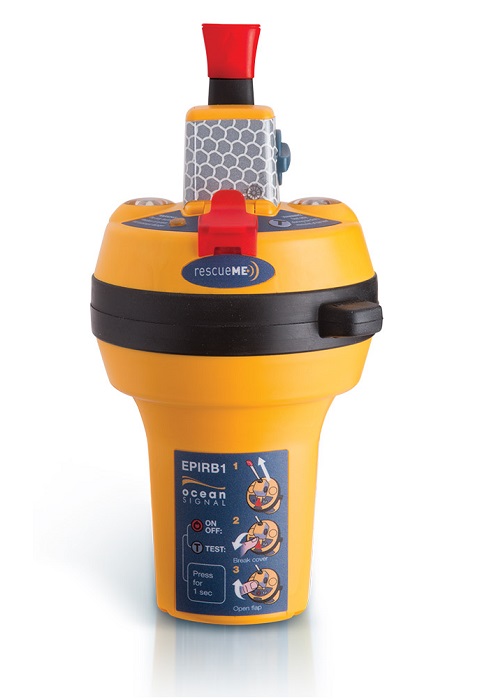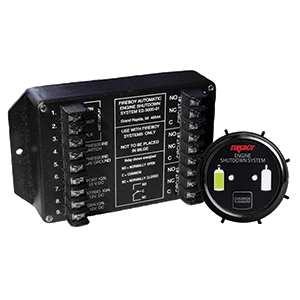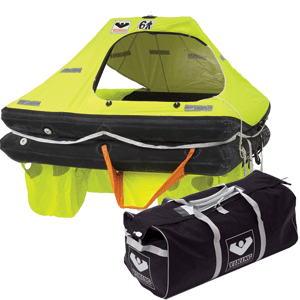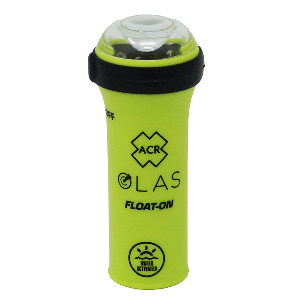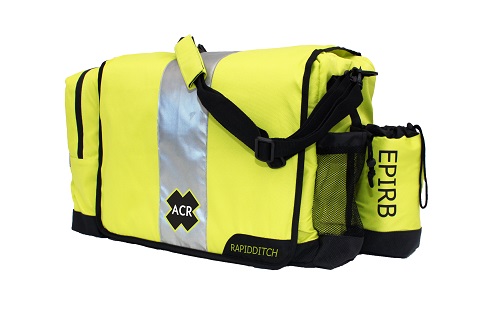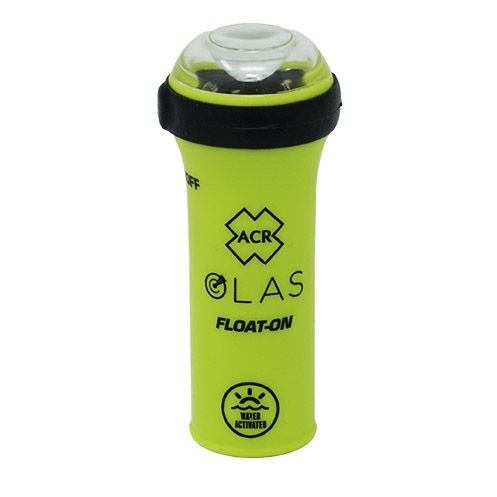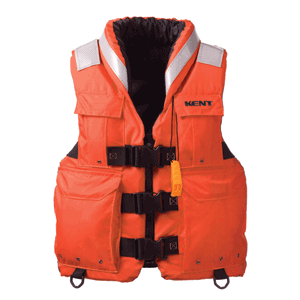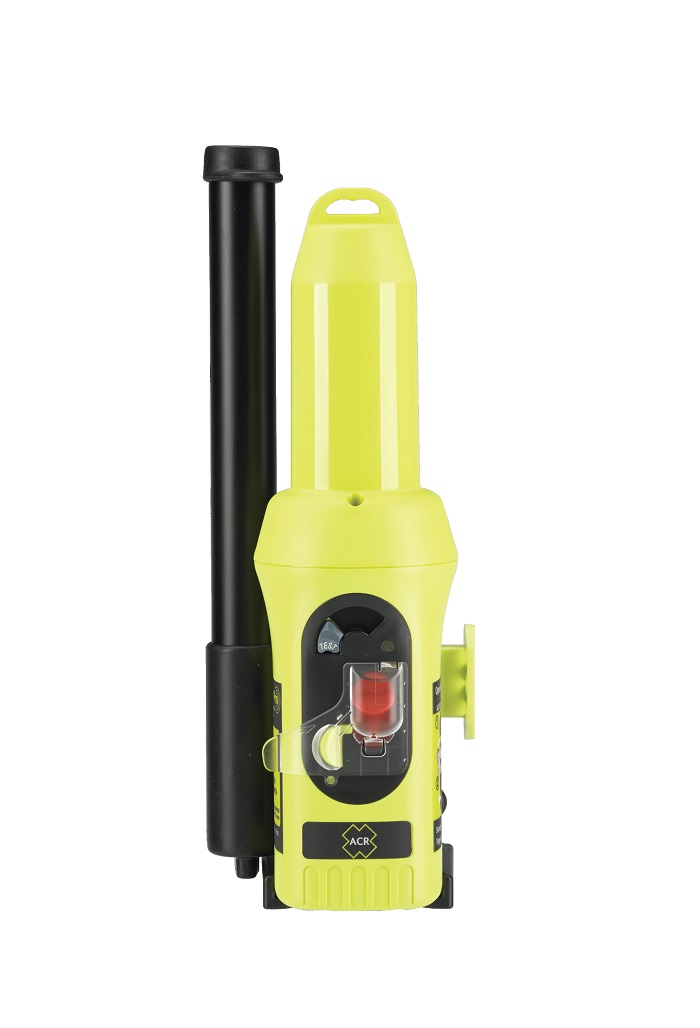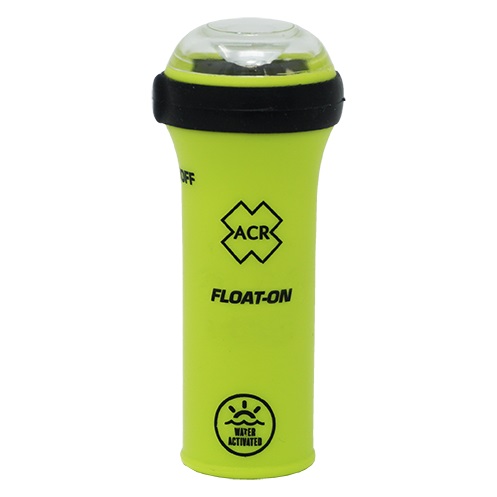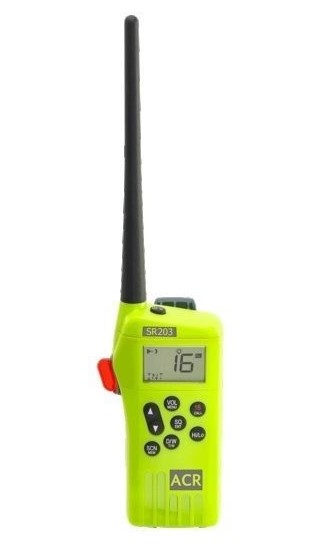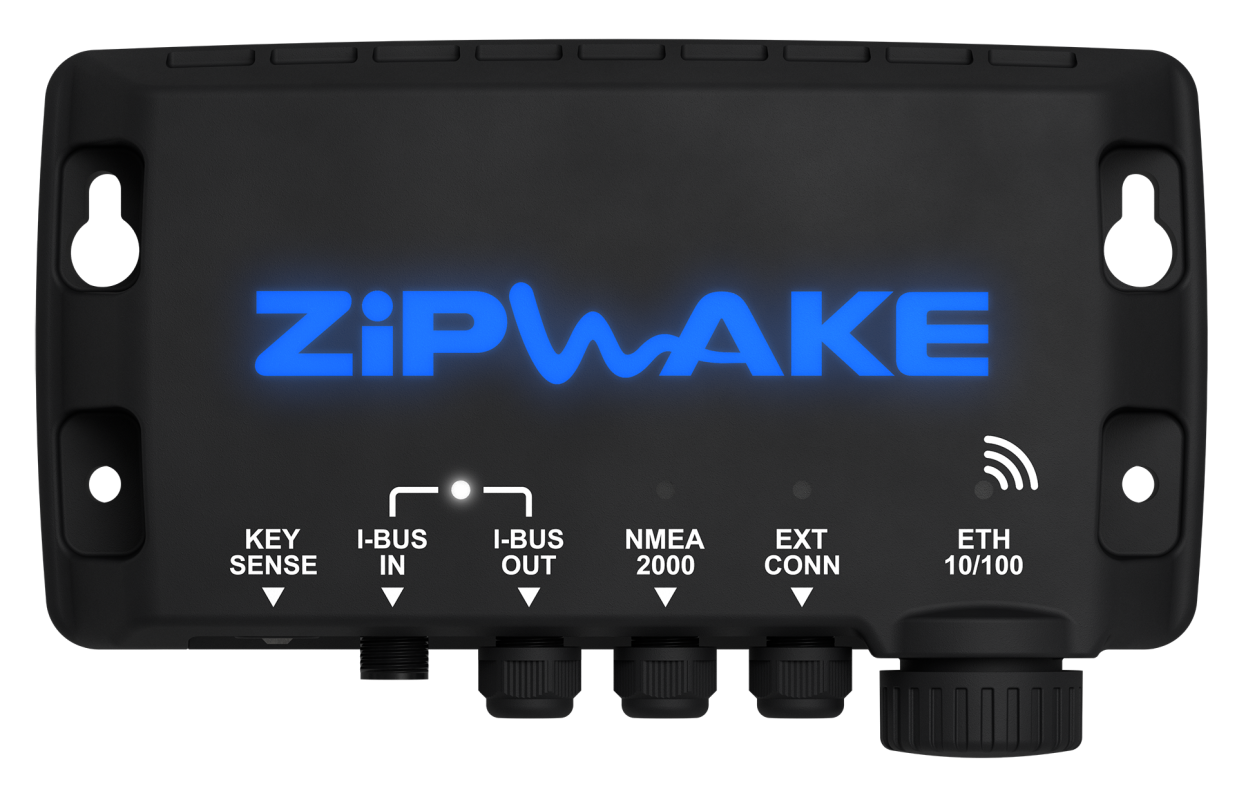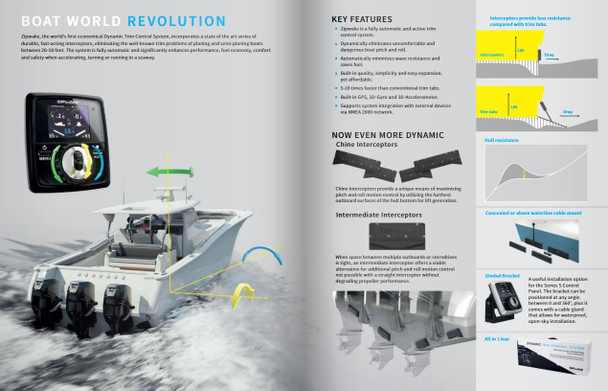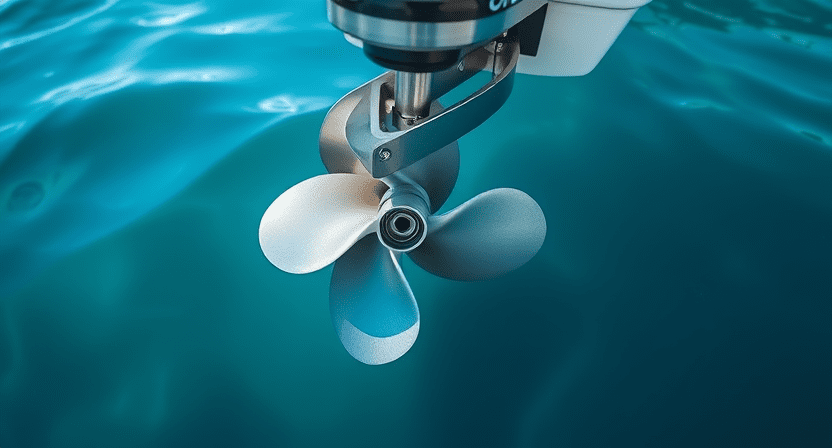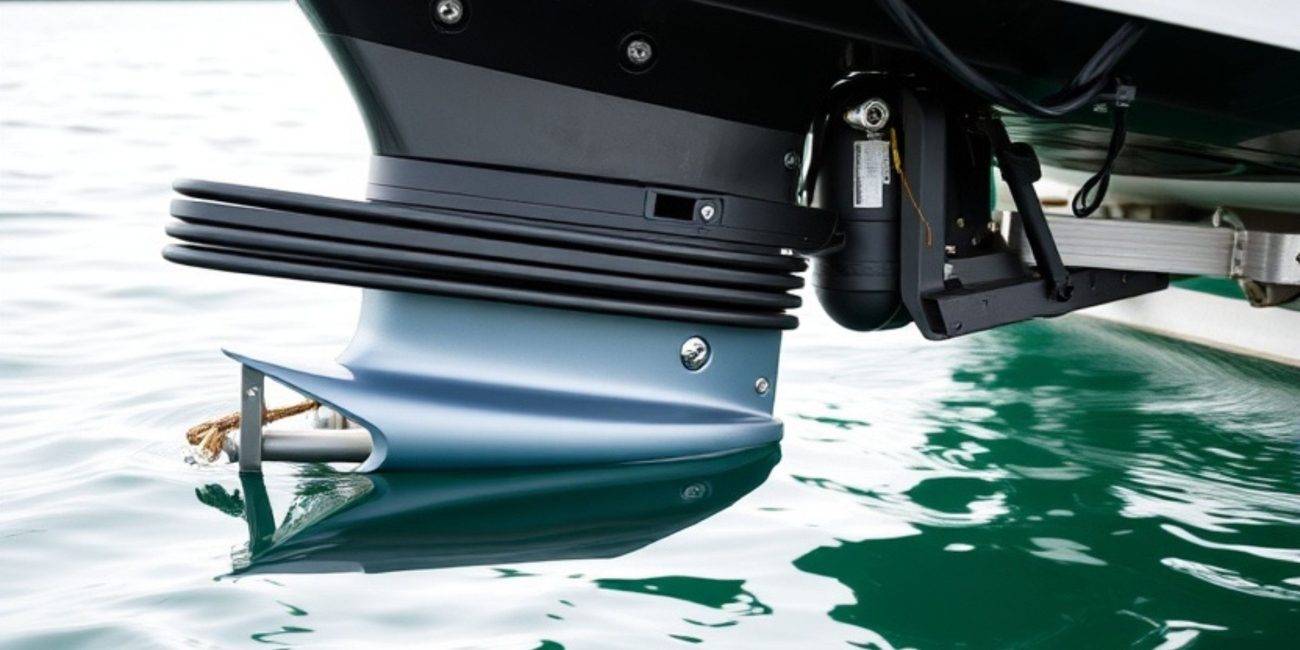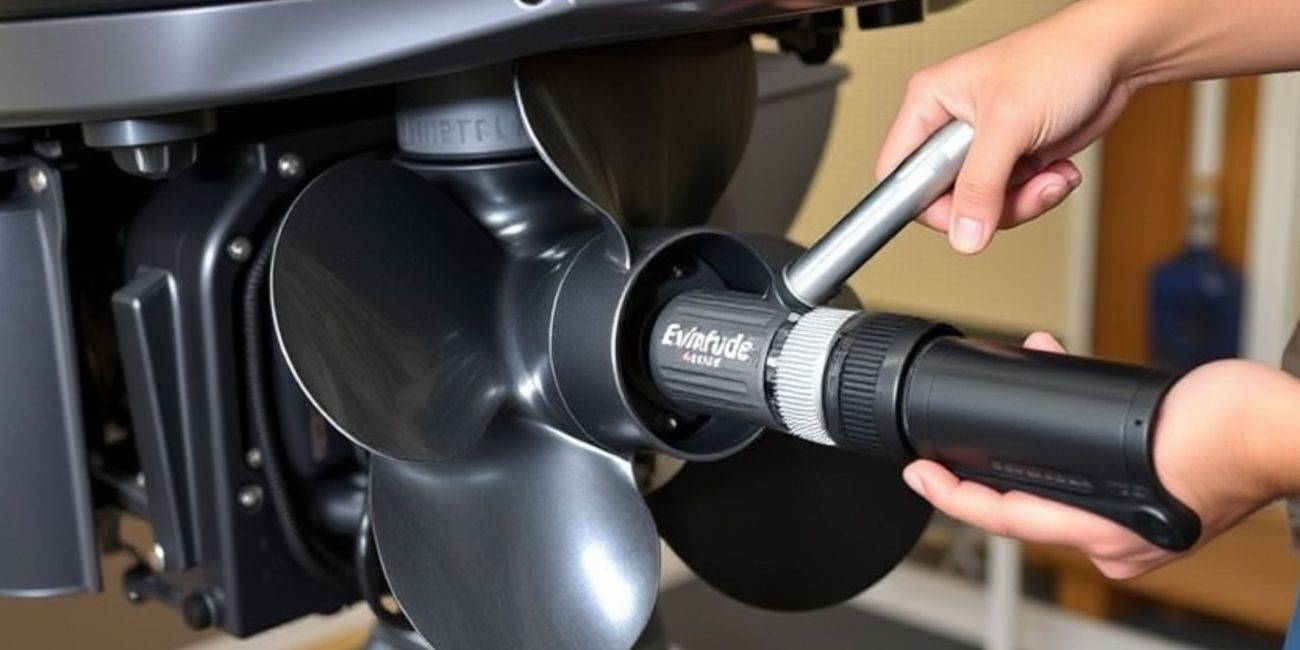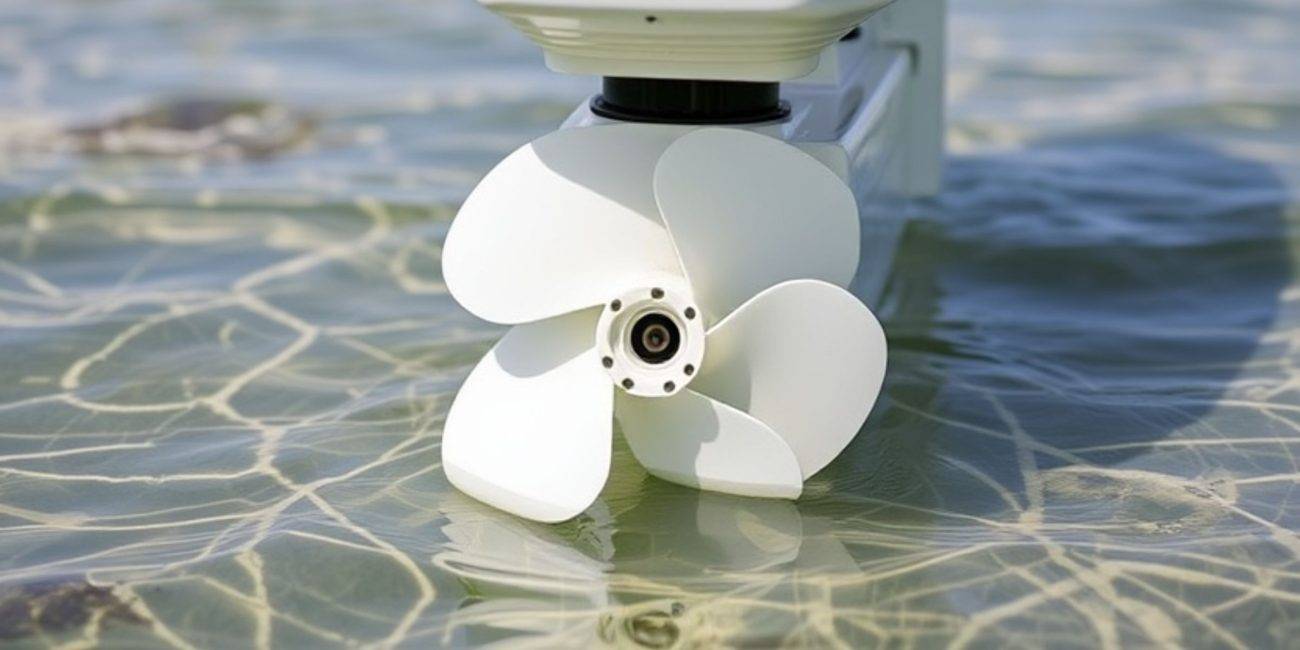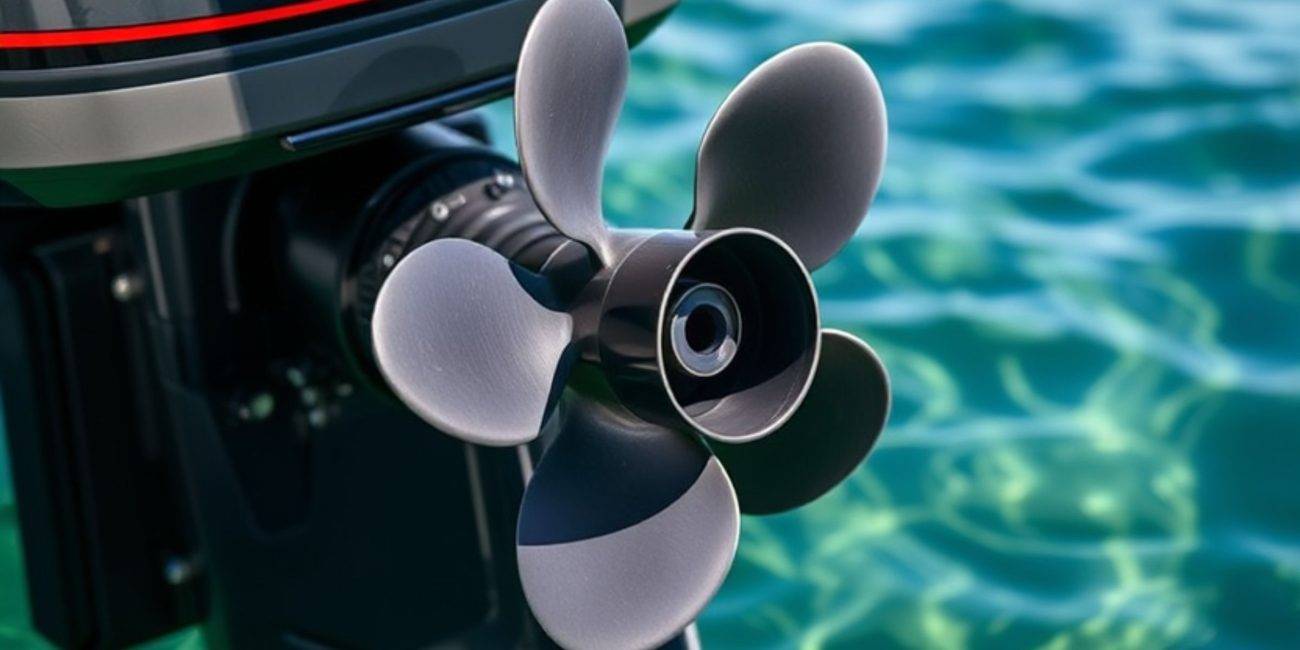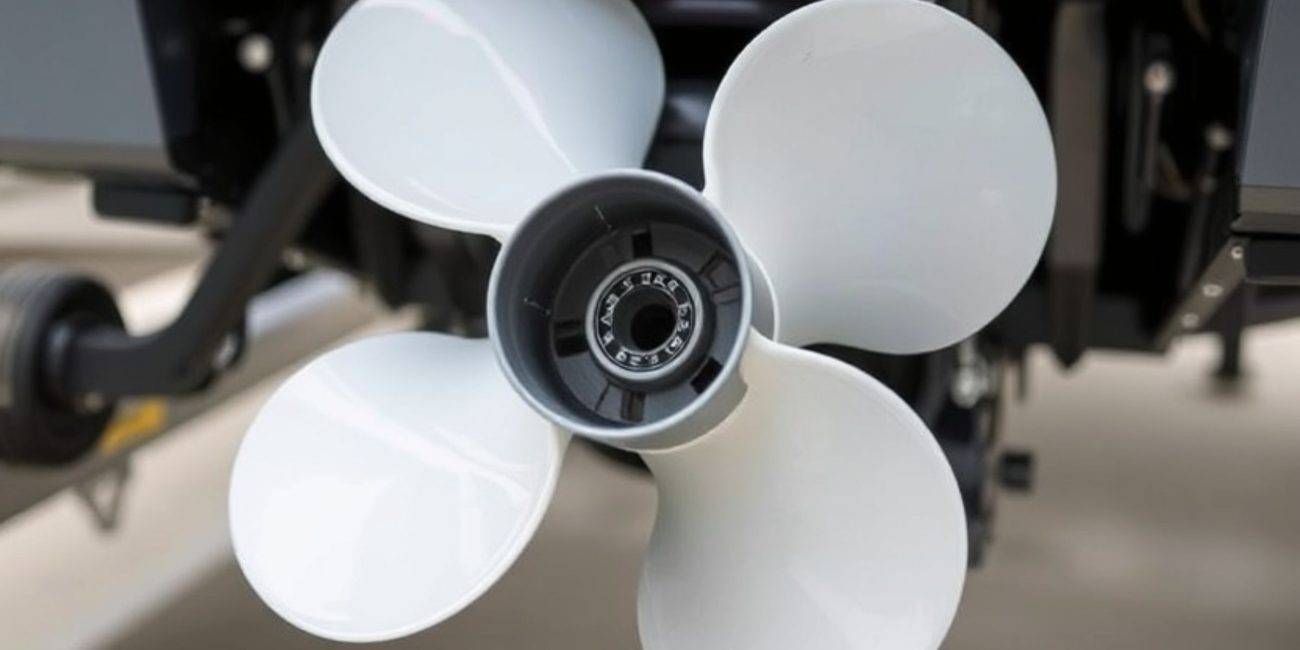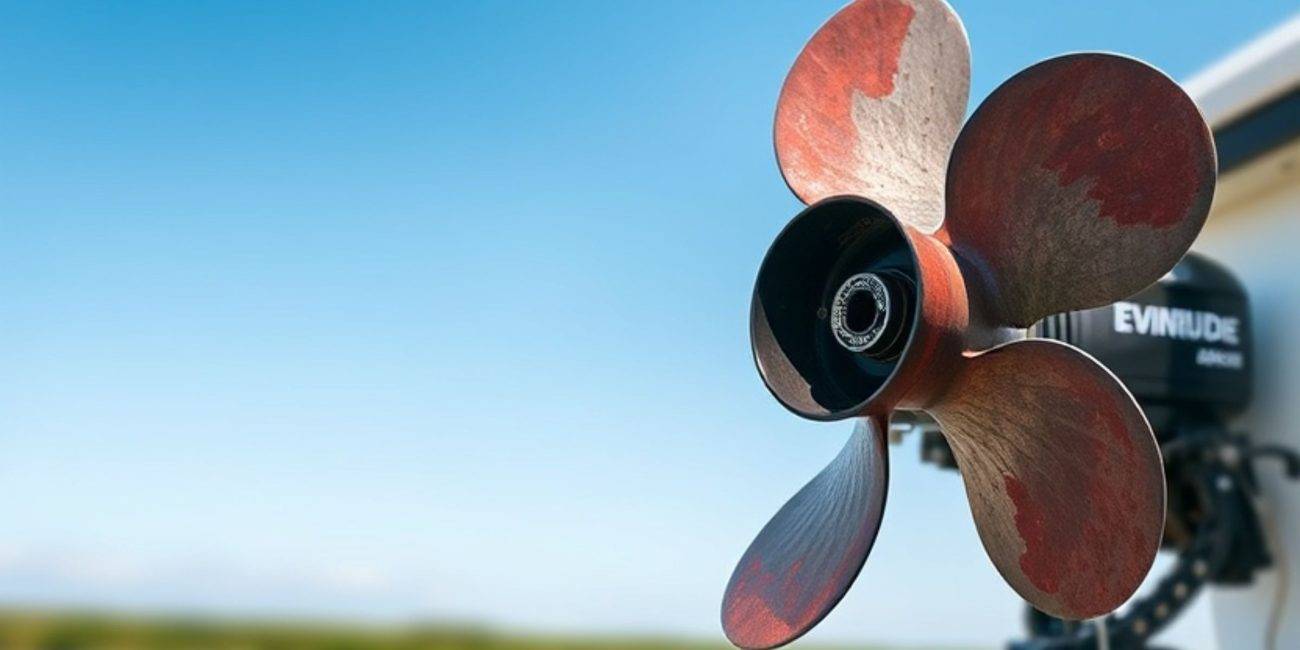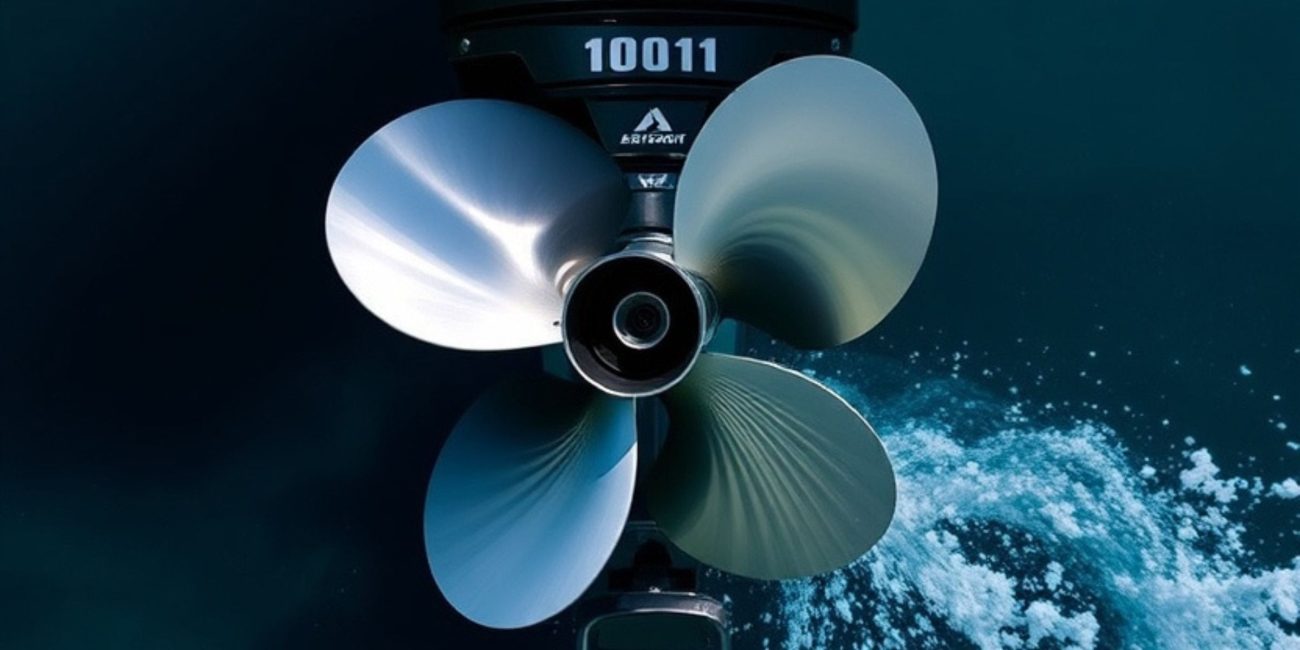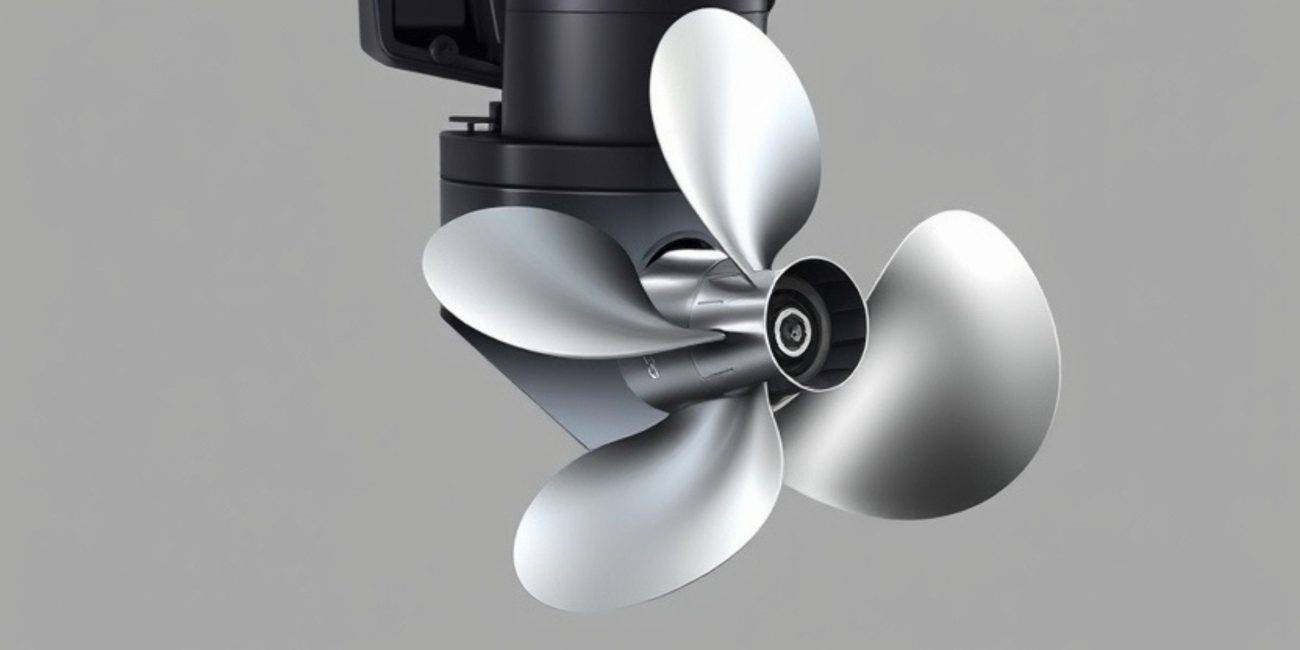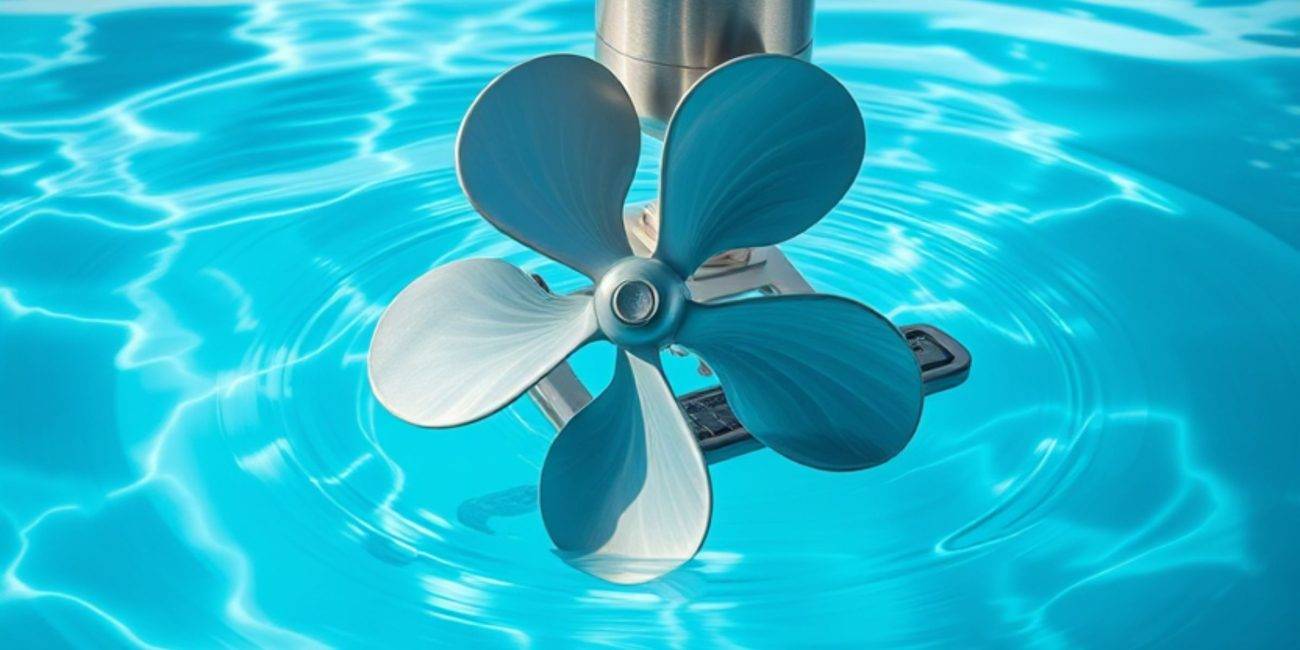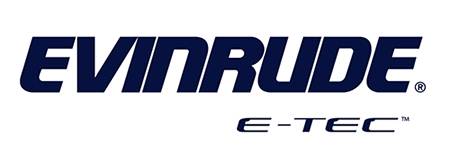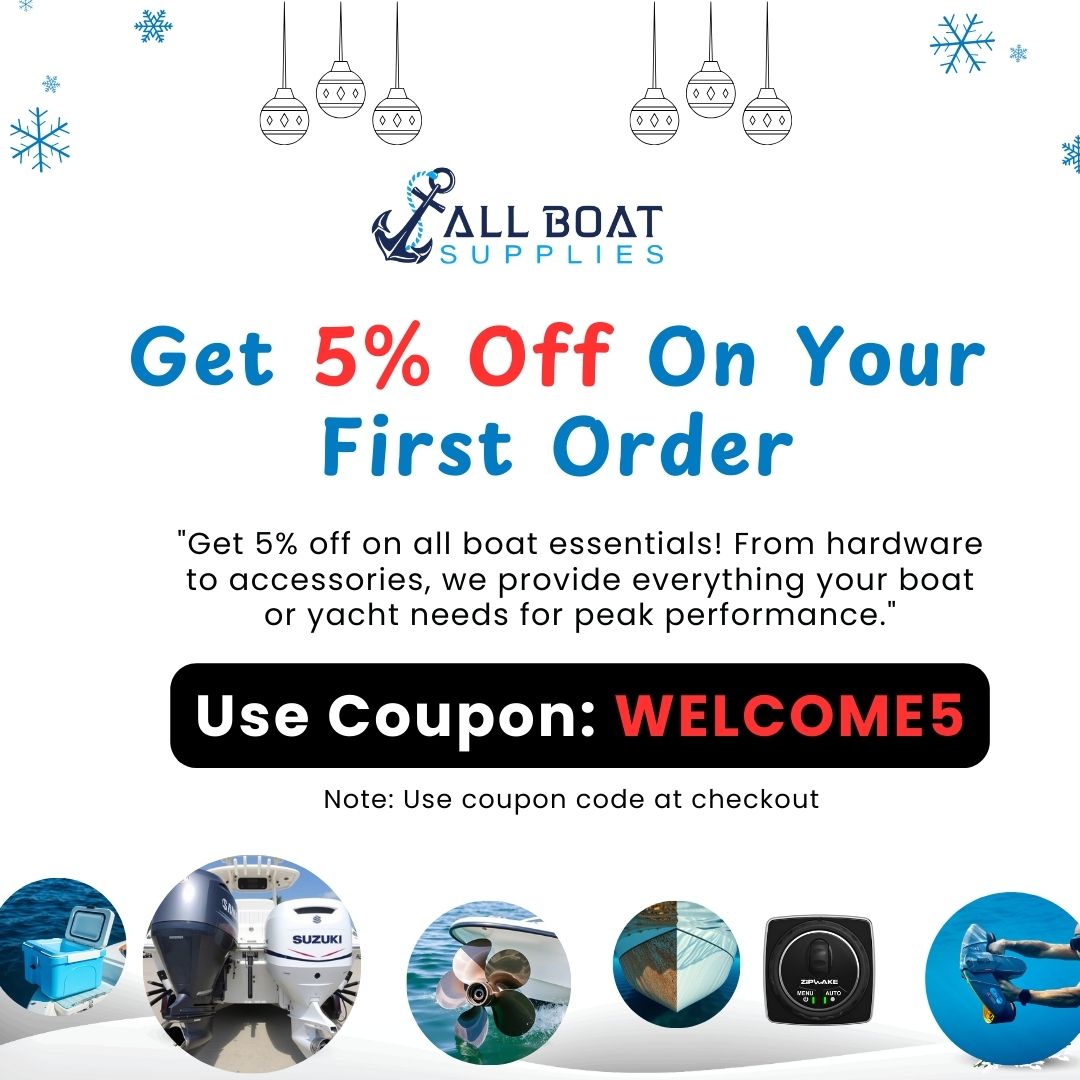Common Boating Mistakes and How to Avoid Them
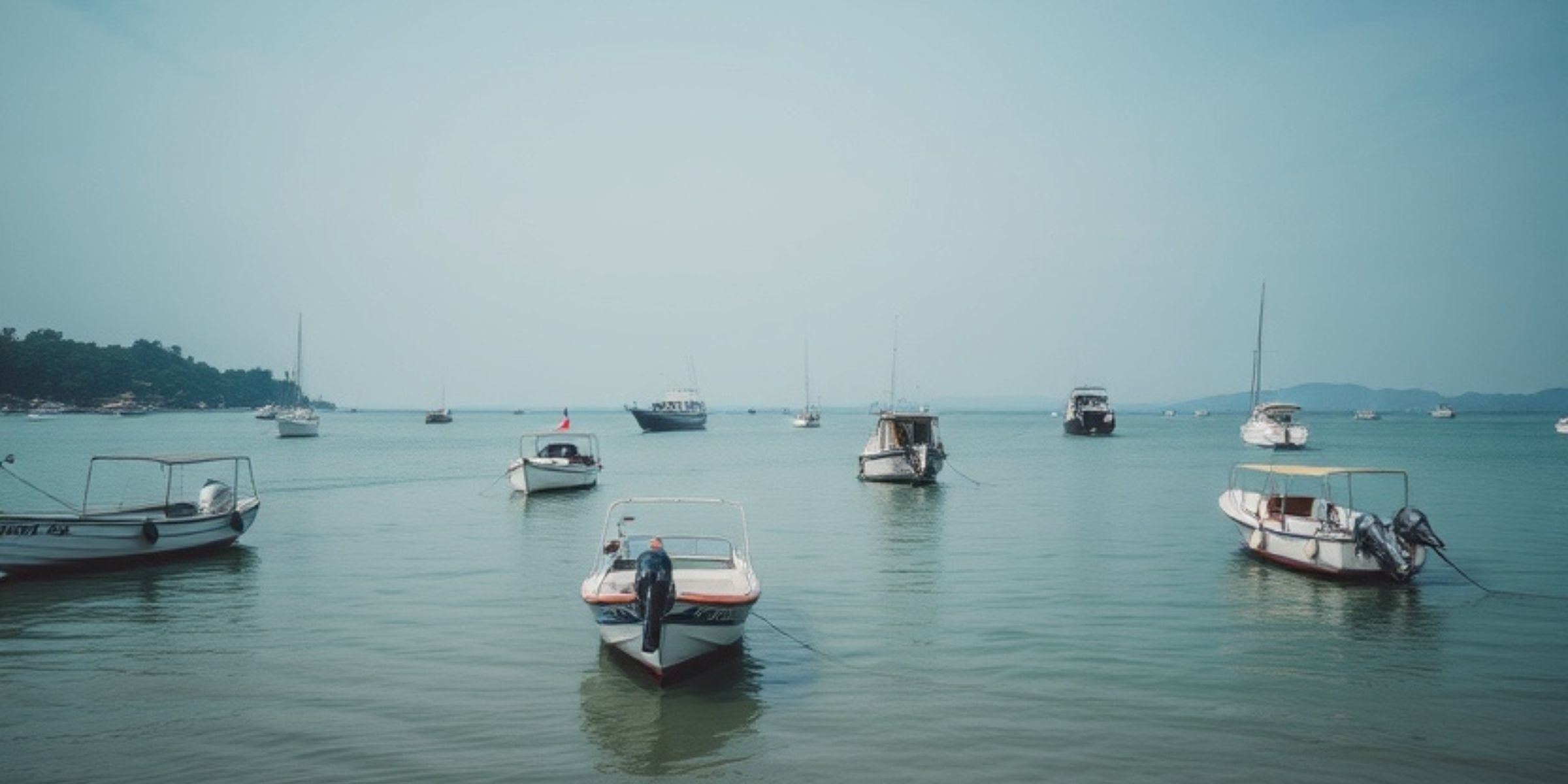
Common Boating Mistakes and How to Avoid Them
Boating can be an exhilarating experience, but even seasoned boaters can fall victim to common boating mistakes. From damaging the outboard lower unit to neglecting safety checks, these errors can lead to costly repairs and safety risks. This guide will help you understand and avoid these mistakes, ensuring smooth and enjoyable adventures on the water.
1. Neglecting Regular Maintenance
Why It’s a Mistake
Skipping routine maintenance is one of the most common boating mistakes. A poorly maintained boat can lead to engine failure, propeller damage, or even endanger passengers.
How to Avoid It
- Inspect Your Outboard Lower Unit: Check for any signs of wear or leaks. Replace the oil regularly to prevent damage.
- Maintain Propellers: Look for dings or cracks. Damaged propellers affect performance and fuel efficiency.
- Keep Electrical Systems in Check: Ensure all wires and connections are secure to avoid electrical malfunctions.
Tip: Schedule annual professional inspections to catch issues you might miss.
2. Overloading the Boat
Why It’s a Mistake
Overloading your boat can compromise its stability, increase the risk of capsizing, and strain the outboard lower unit and other components.
How to Avoid It
- Know Your Boat’s Capacity: Follow the manufacturer’s weight recommendations.
- Distribute Weight Evenly: Proper weight distribution ensures stability and reduces wear on the propeller and motor.
- Remove Unnecessary Items: Keep only essential gear on board to minimize excess weight.
3. Ignoring Weather Conditions
Why It’s a Mistake
Venturing out in poor weather is a risky decision that could lead to accidents or severe damage to your boat’s components, including the outboard lower unit.
How to Avoid It
- Check Weather Reports: Use reliable sources to monitor conditions before heading out.
- Watch for Sudden Changes: Be vigilant for signs of deteriorating weather, such as dark clouds or shifting winds.
- Have a Backup Plan: Prepare an alternate route or be ready to postpone the trip if conditions worsen.
4. Misjudging Shallow Waters
Why It’s a Mistake
Failing to account for shallow waters can result in propeller damage or significant harm to the outboard lower unit.
How to Avoid It
- Use Navigation Tools: Invest in a GPS or depth finder to identify shallow areas.
- Learn the Waterways: Familiarize yourself with common shallow spots in your region.
- Slow Down: Reduce speed when navigating unfamiliar areas to minimize the risk of impact.
Example: A damaged propeller caused by shallow waters can lead to costly repairs and decreased efficiency.
5. Forgetting Safety Equipment
Why It’s a Mistake
Overlooking essential safety gear is not only a legal violation but also a life-threatening mistake.
How to Avoid It
- Carry Life Jackets: Have enough U.S. Coast Guard-approved life jackets for every passenger.
- Check Fire Extinguishers: Ensure they are functional and easily accessible.
- Equip Navigation Lights: Working lights are crucial for low-visibility conditions.
- Stock First Aid Kits: Be prepared for minor injuries with a fully stocked first aid kit.
Tip: Create a checklist to verify all safety equipment before each trip.
Conclusion
Avoiding these common boating mistakes can save you from unnecessary expenses and ensure a safer, more enjoyable time on the water. Regular maintenance, understanding your boat’s limits, and prioritizing safety gear are key to a worry-free boating experience. Protect your outboard lower unit, maintain your propeller, and stay informed about weather conditions to keep your vessel in top shape.
For more insights on improving your boating adventures, check out our previous blog post about Best Boat Upgrades for Maximum Comfort and Performance.
